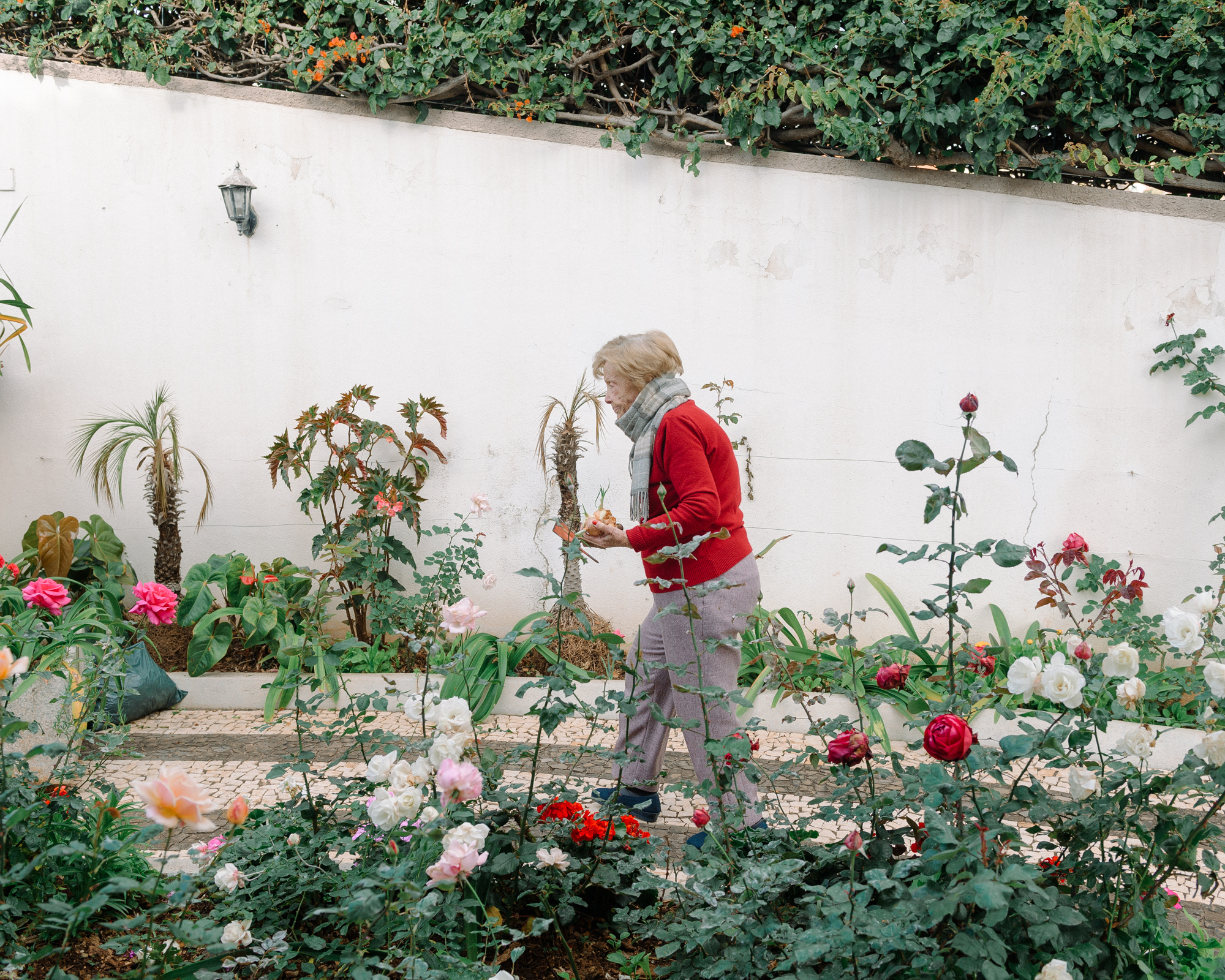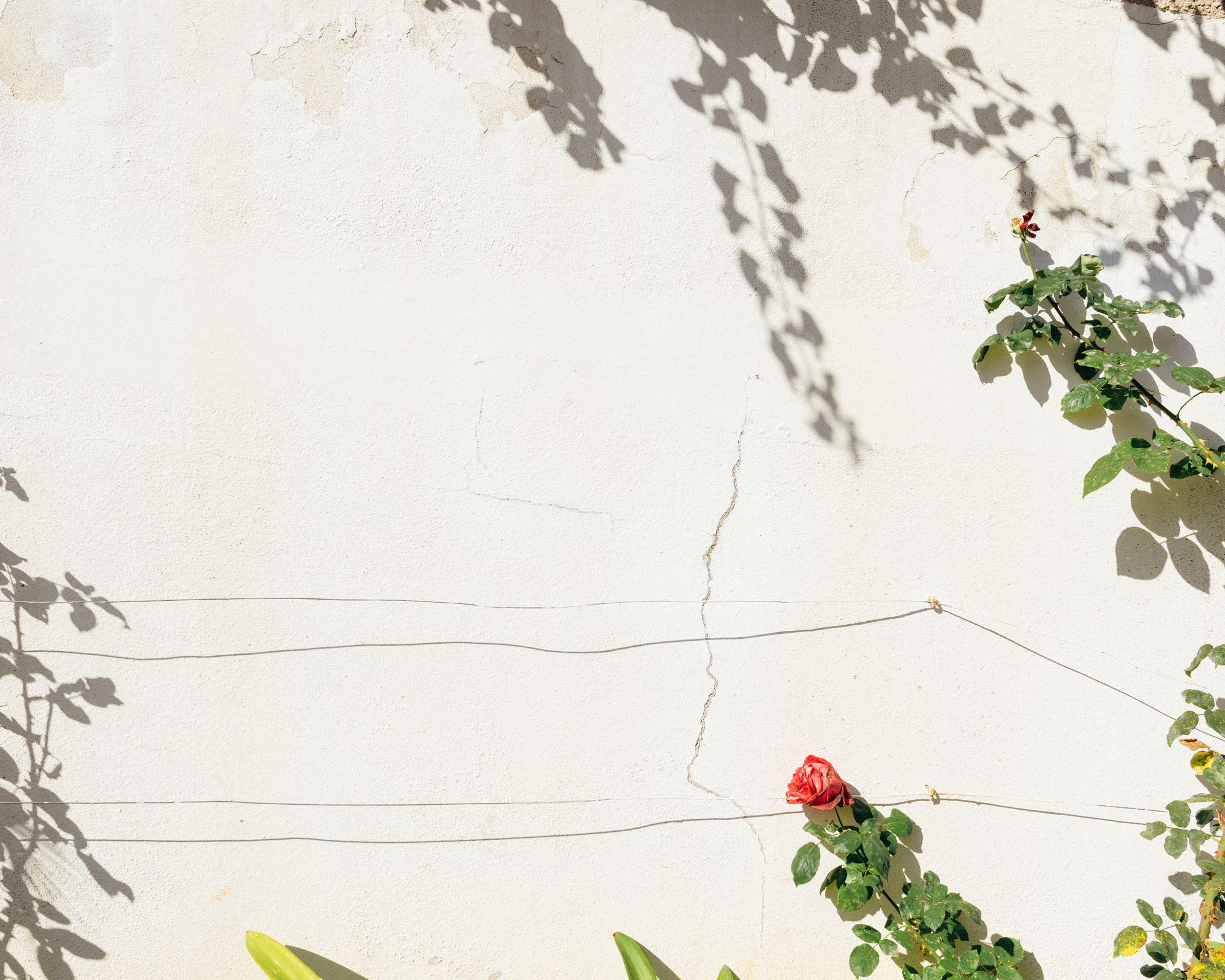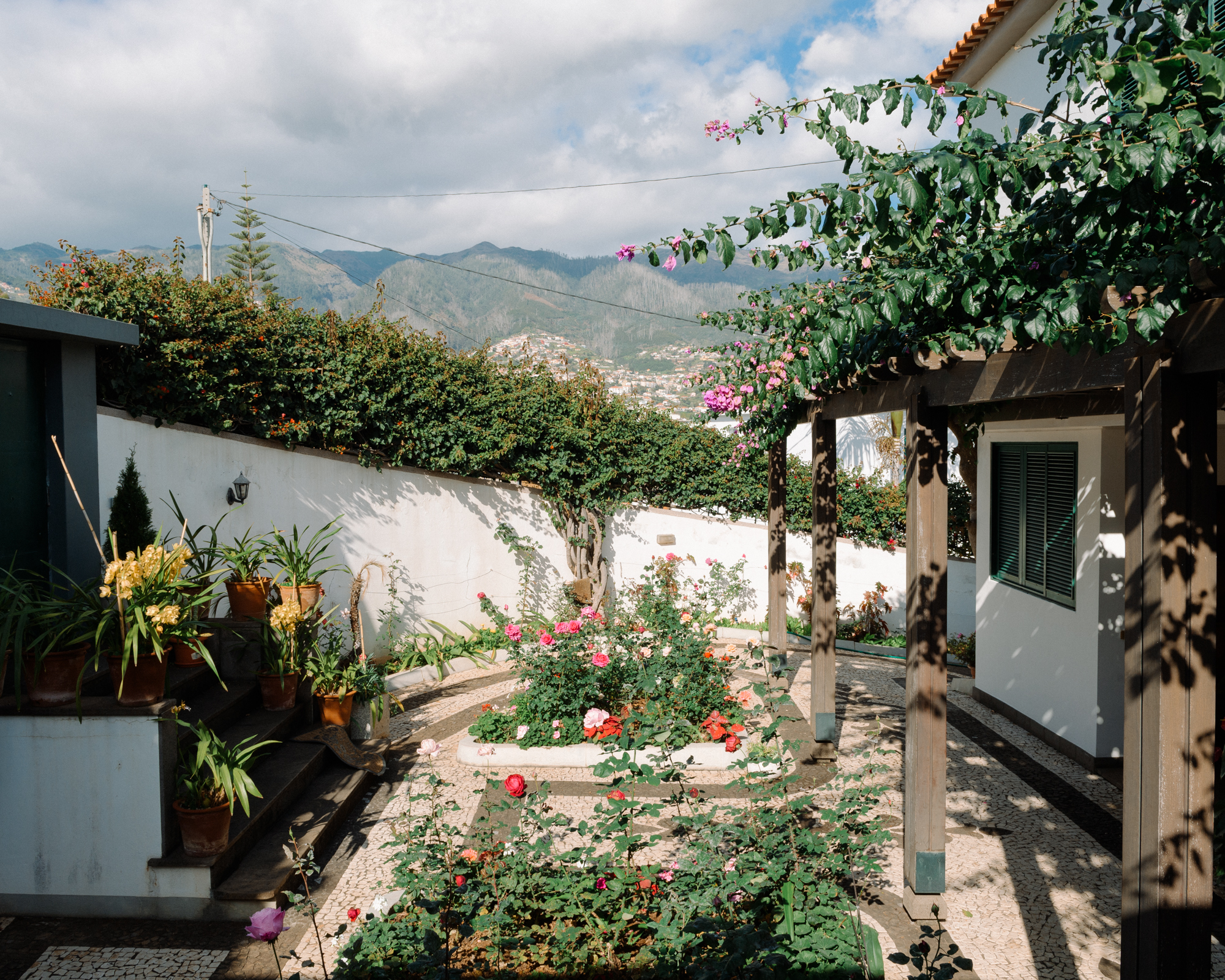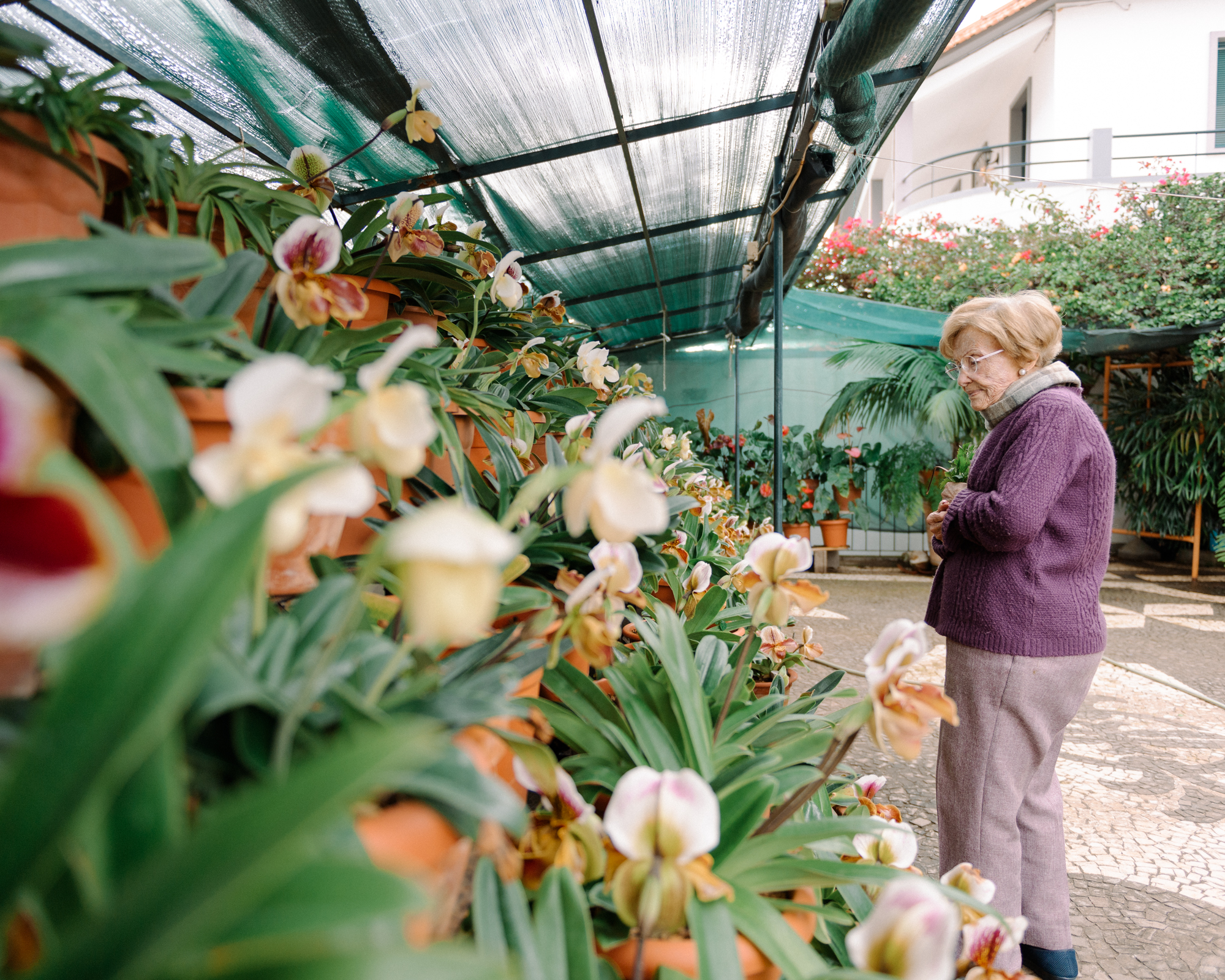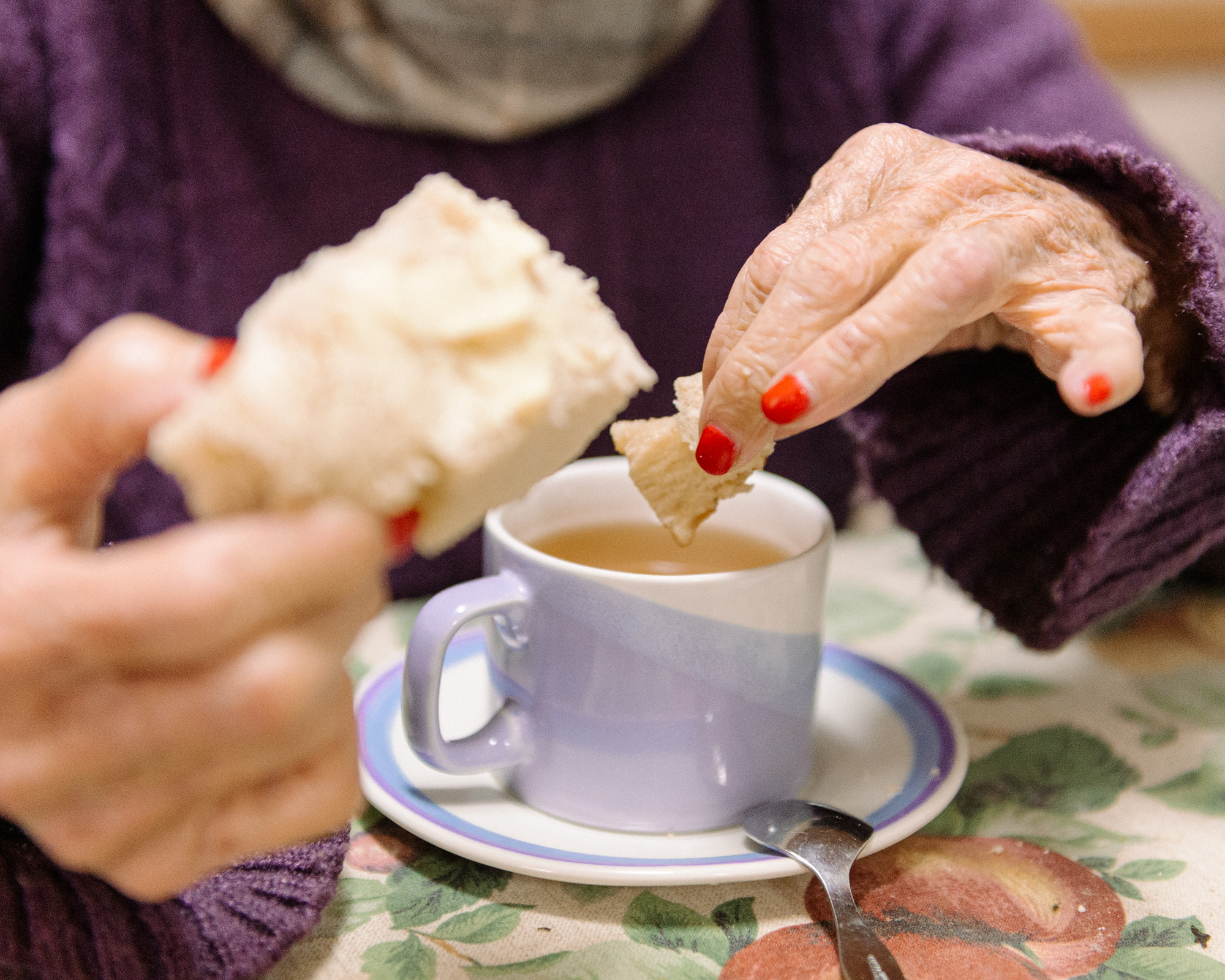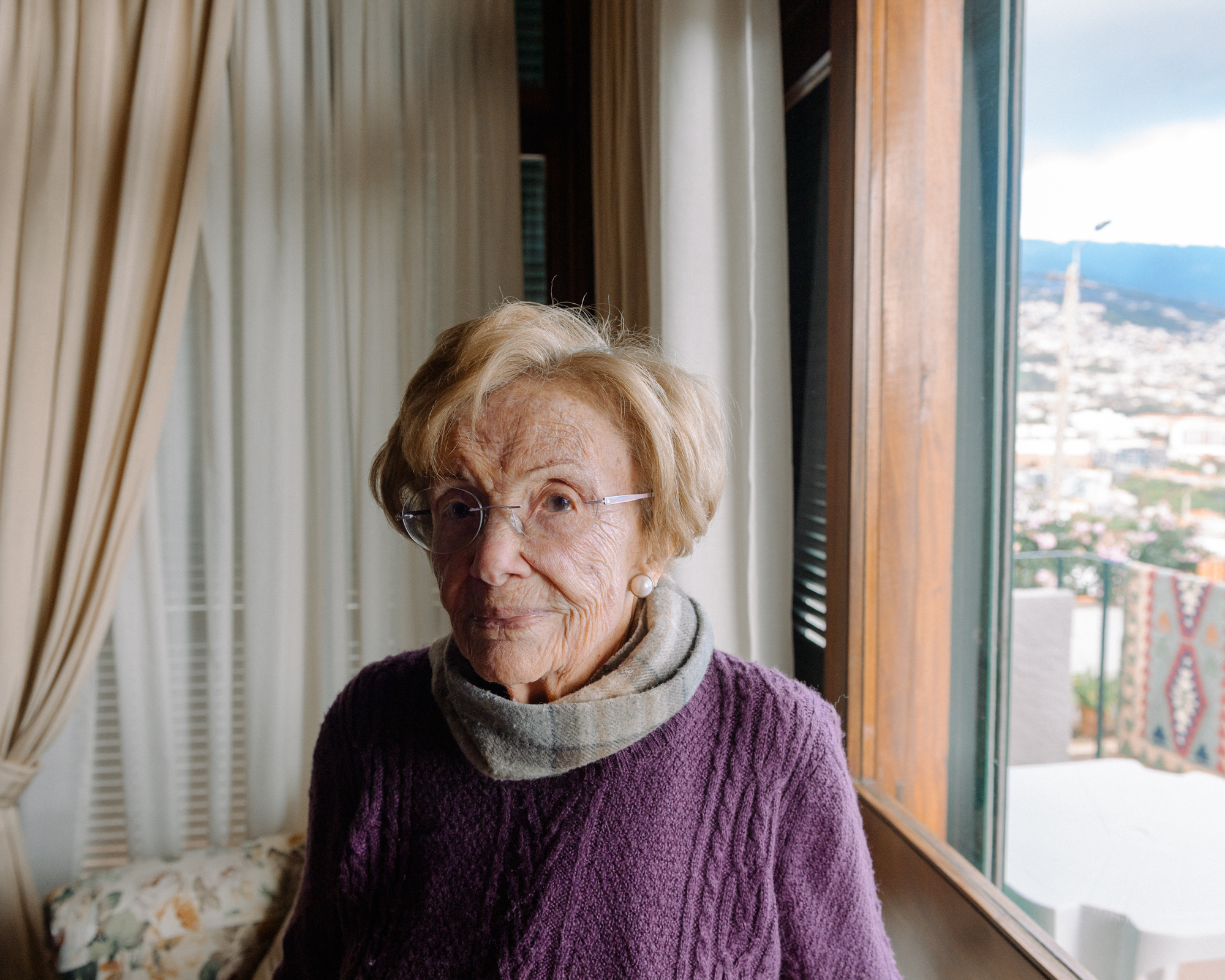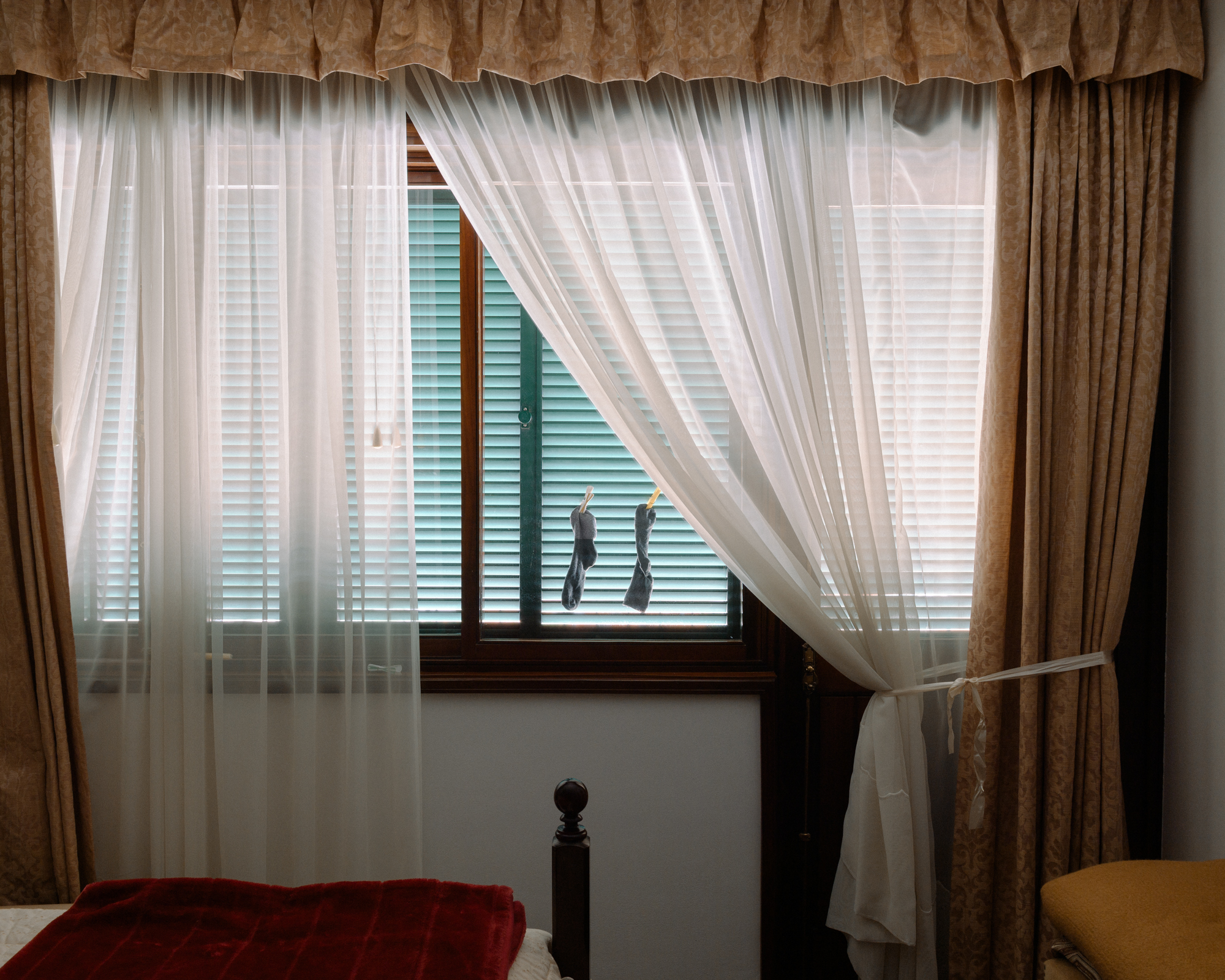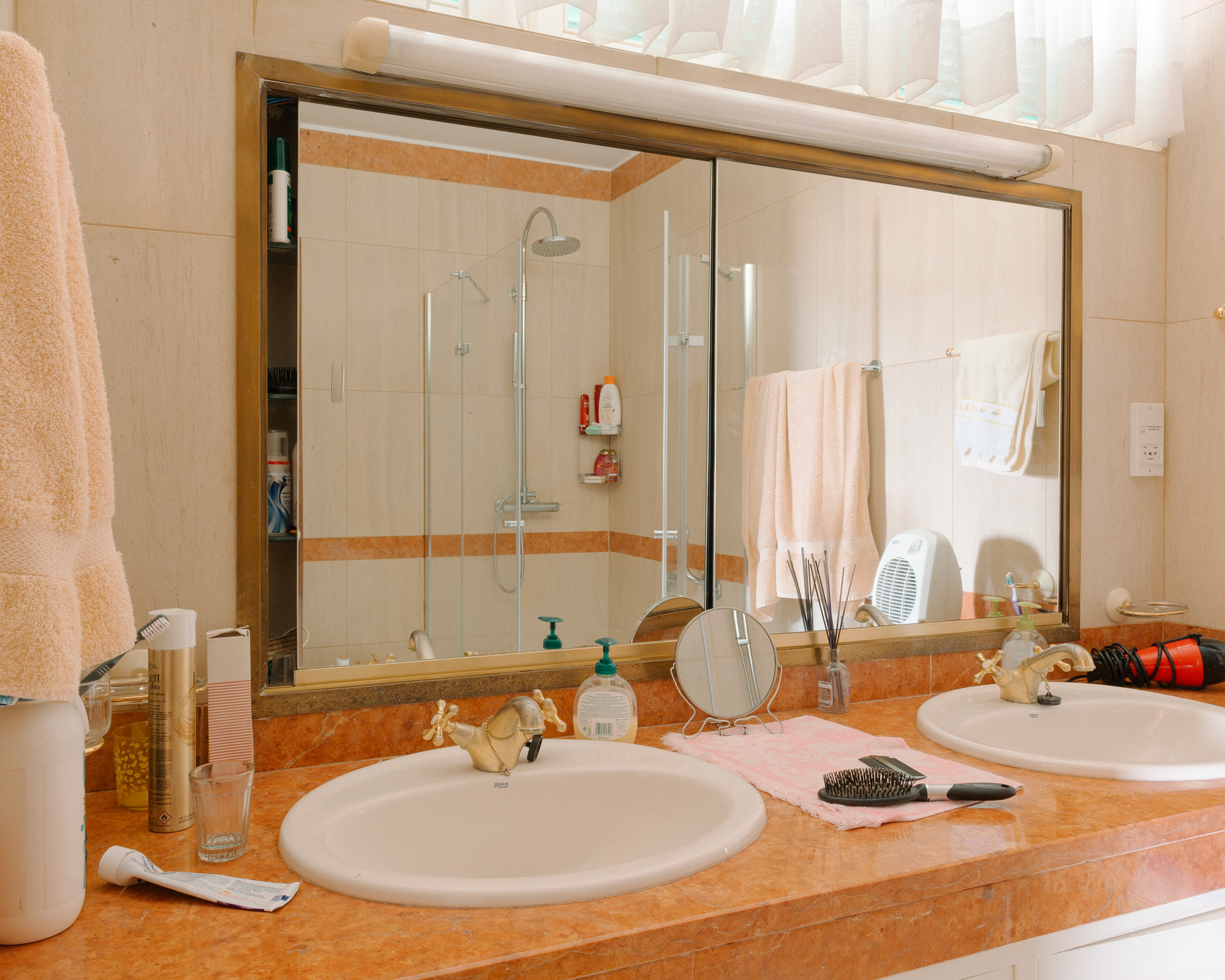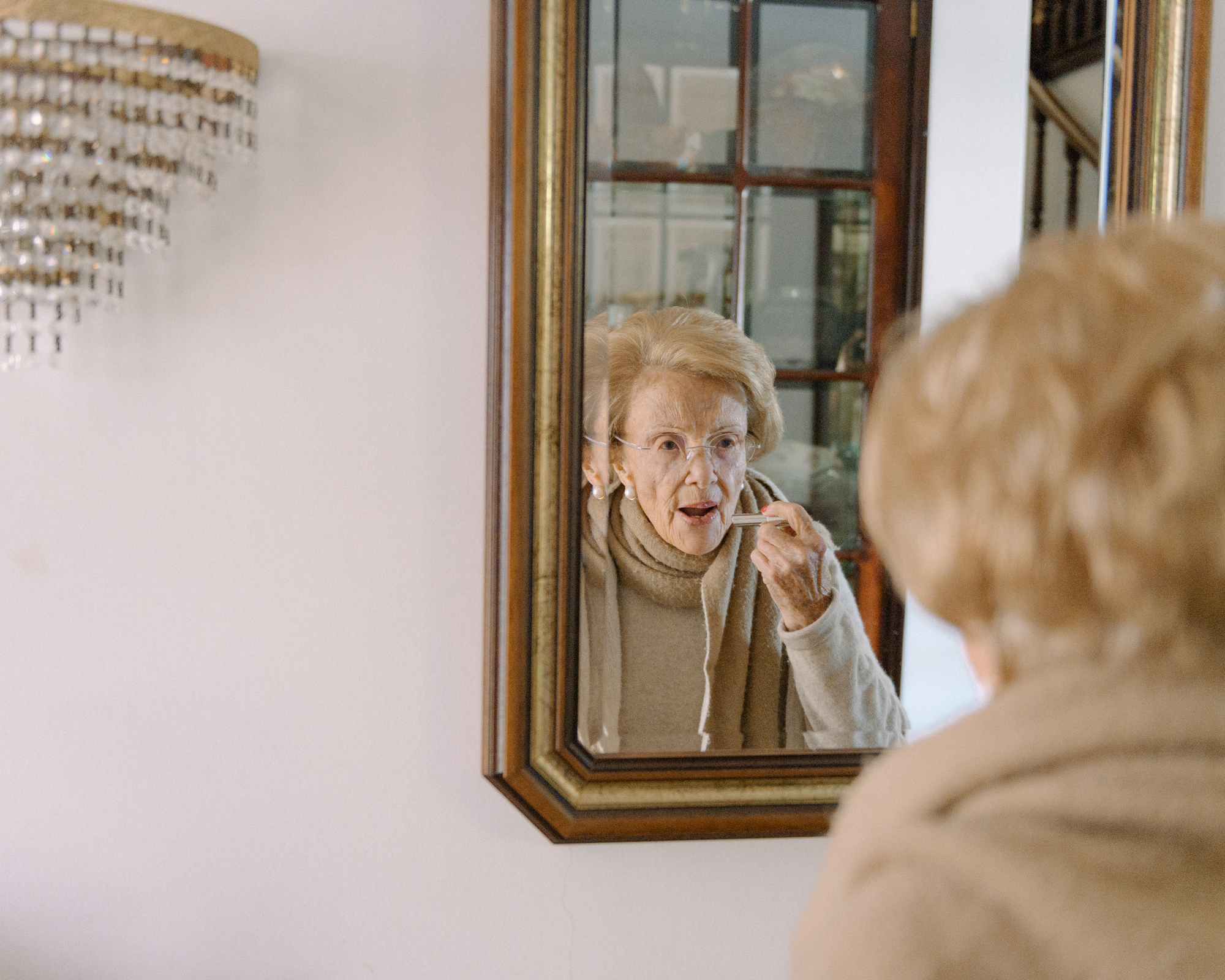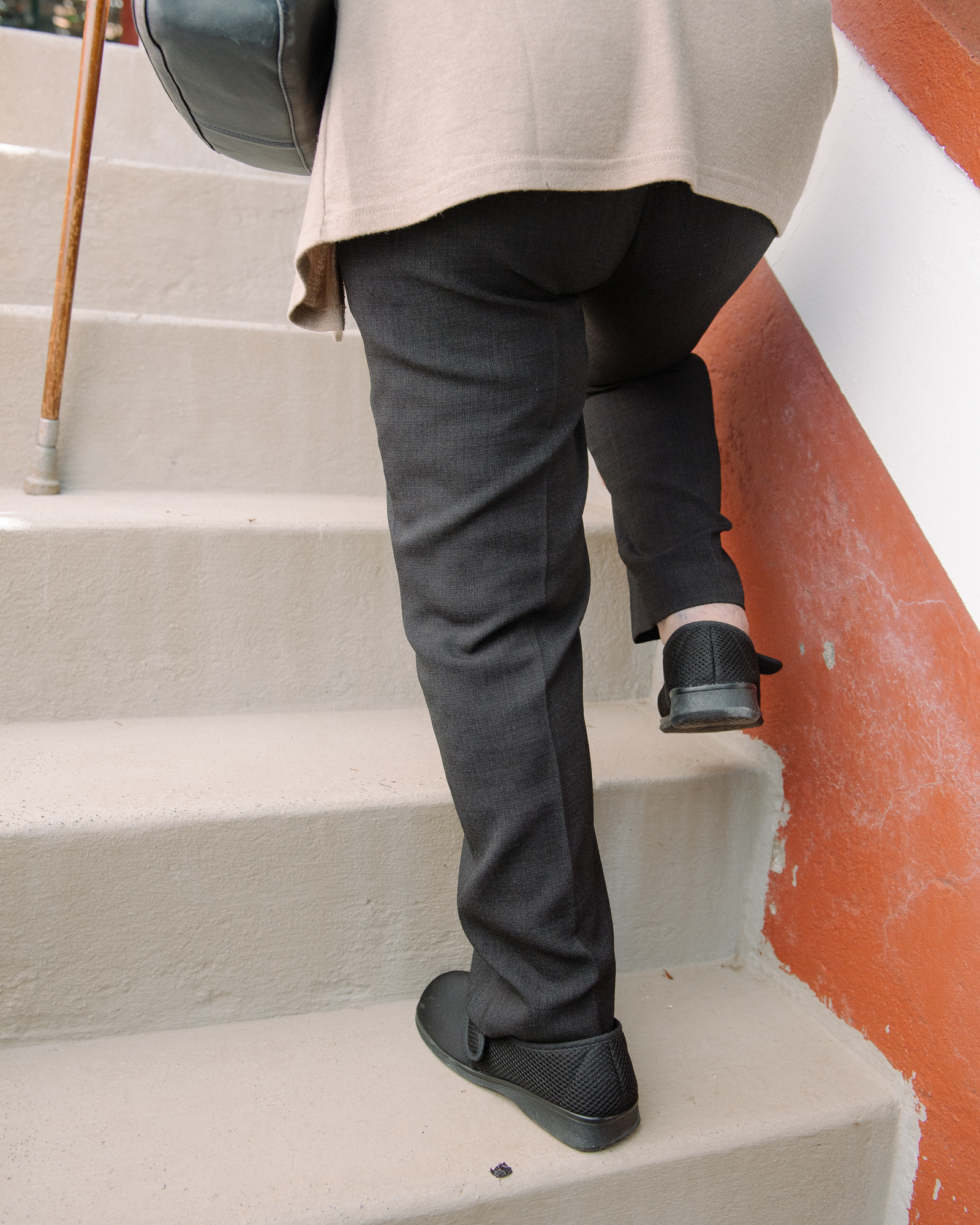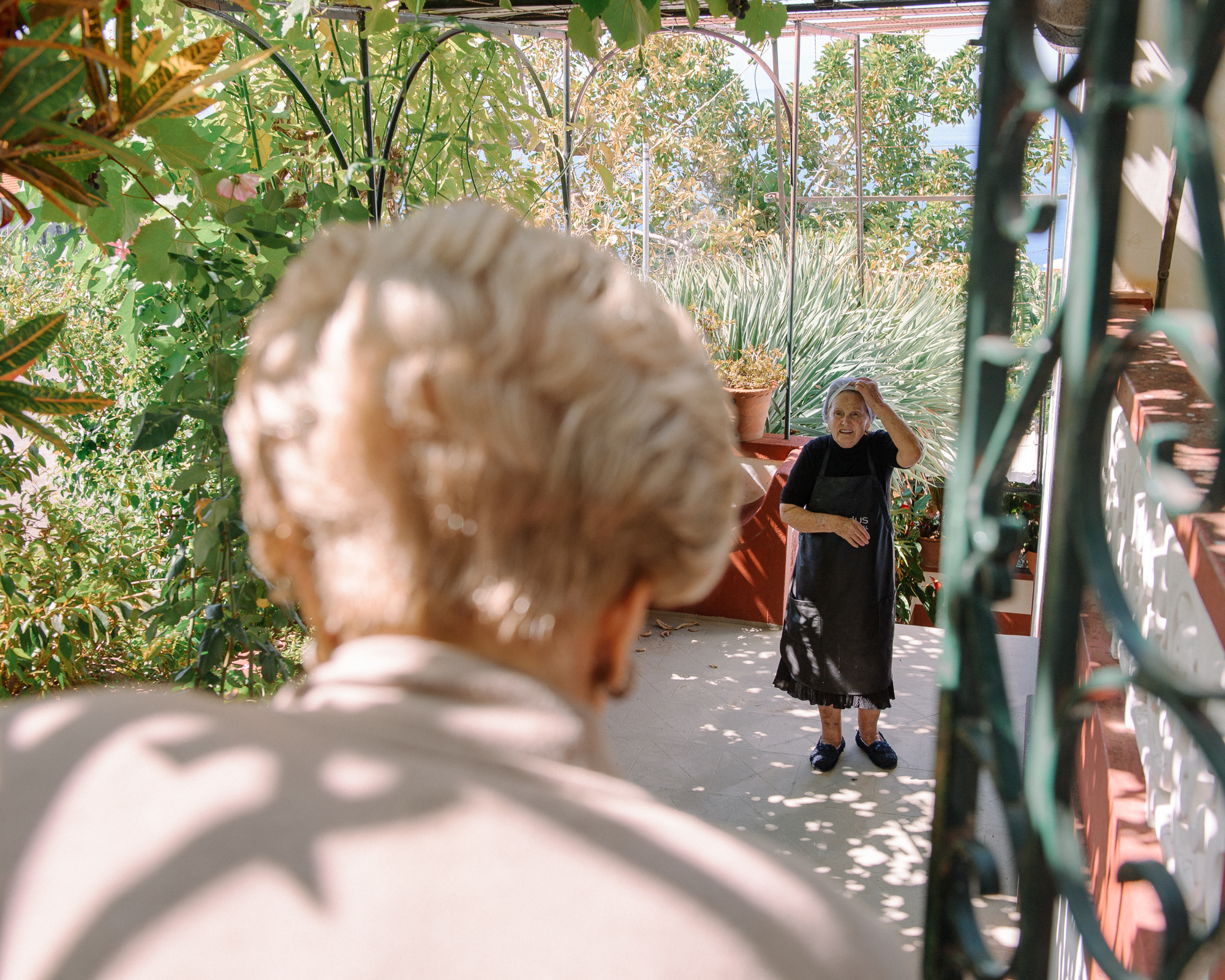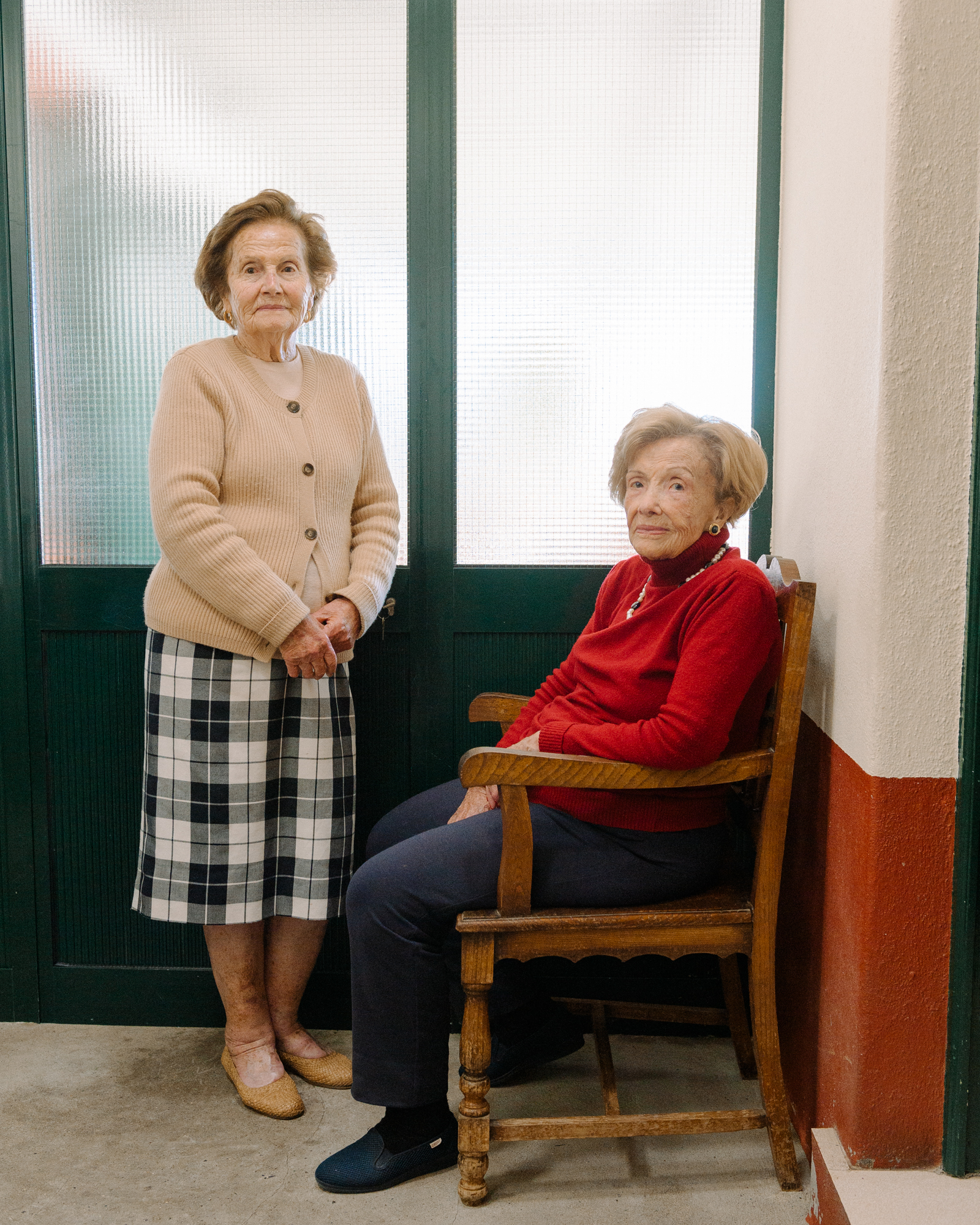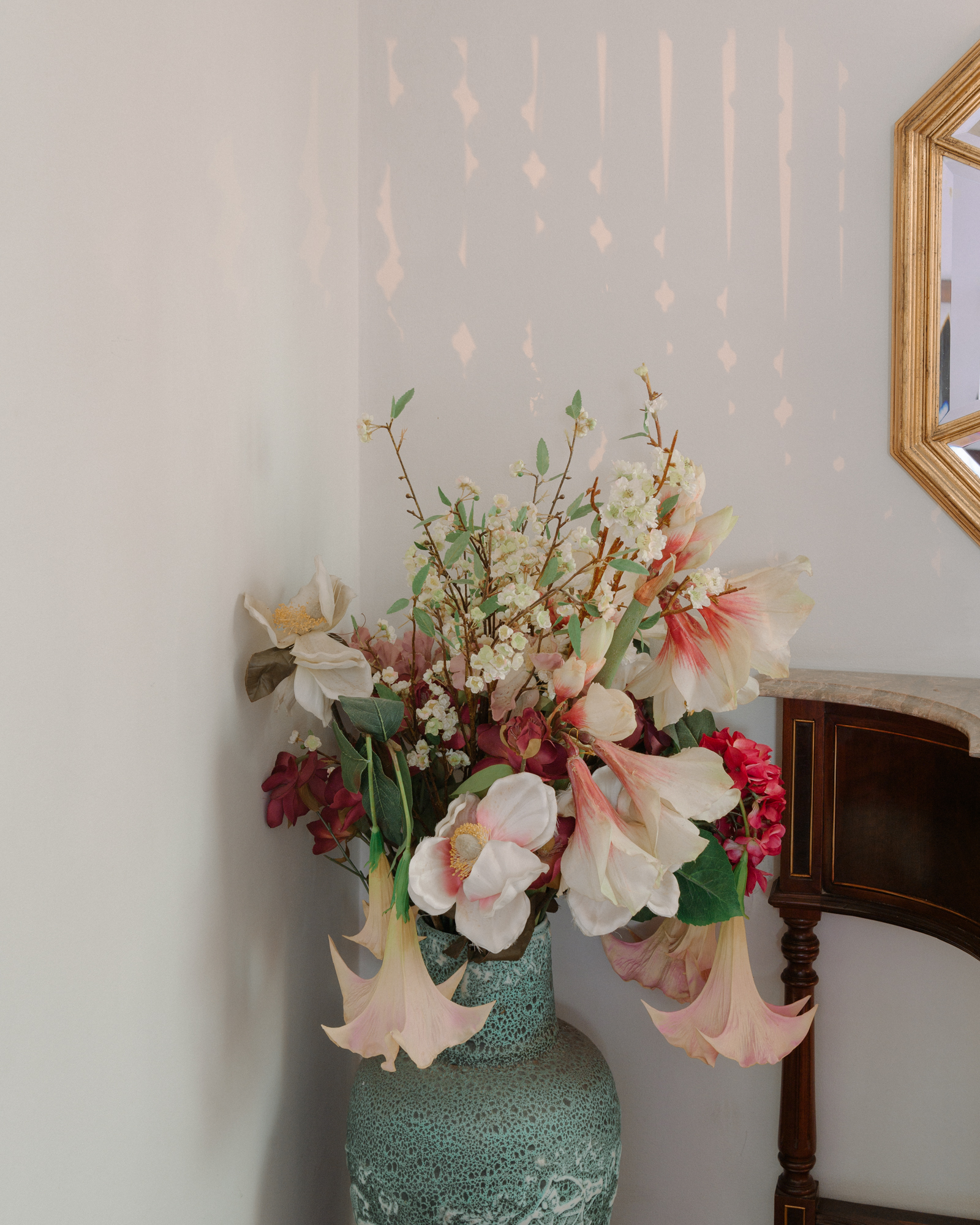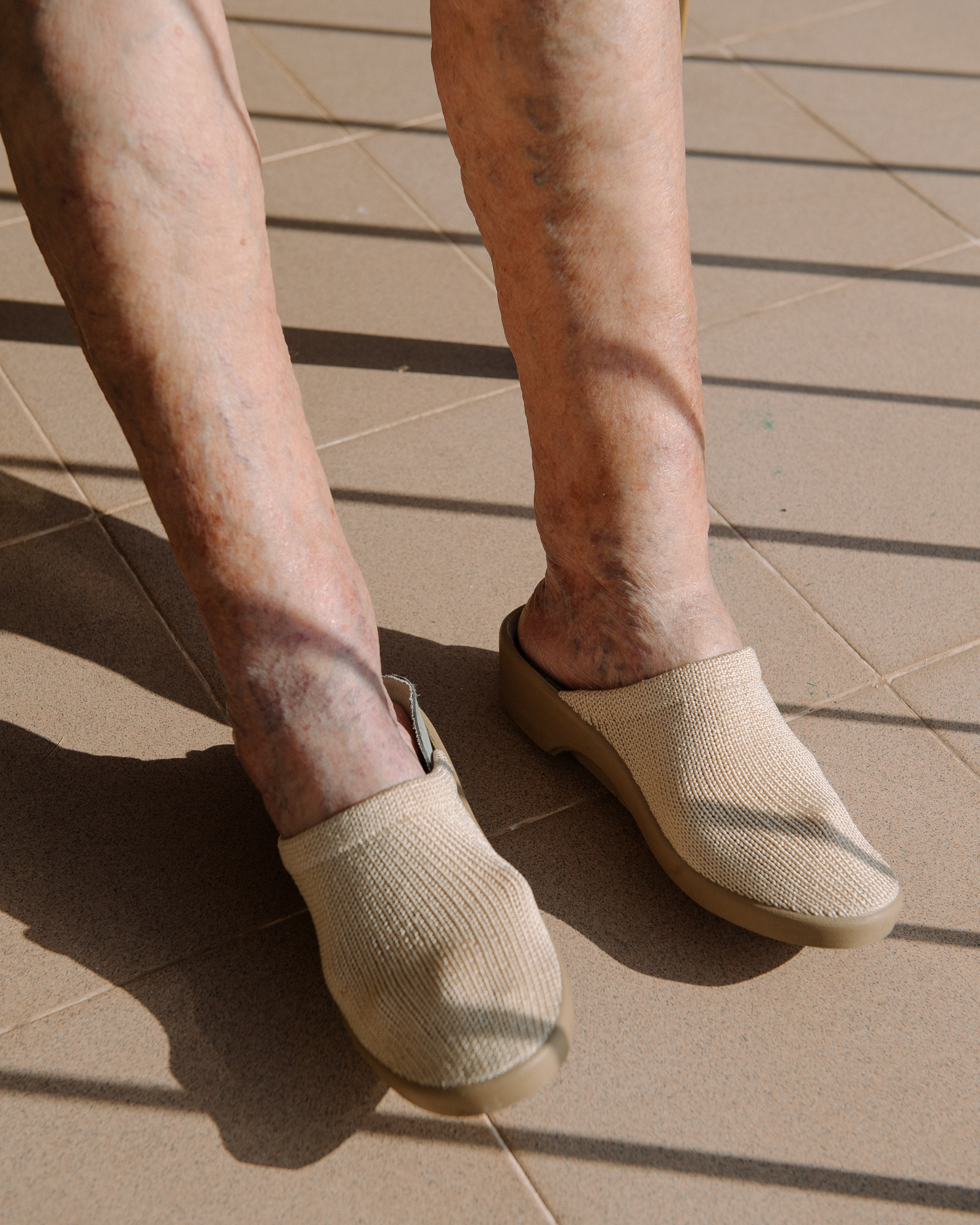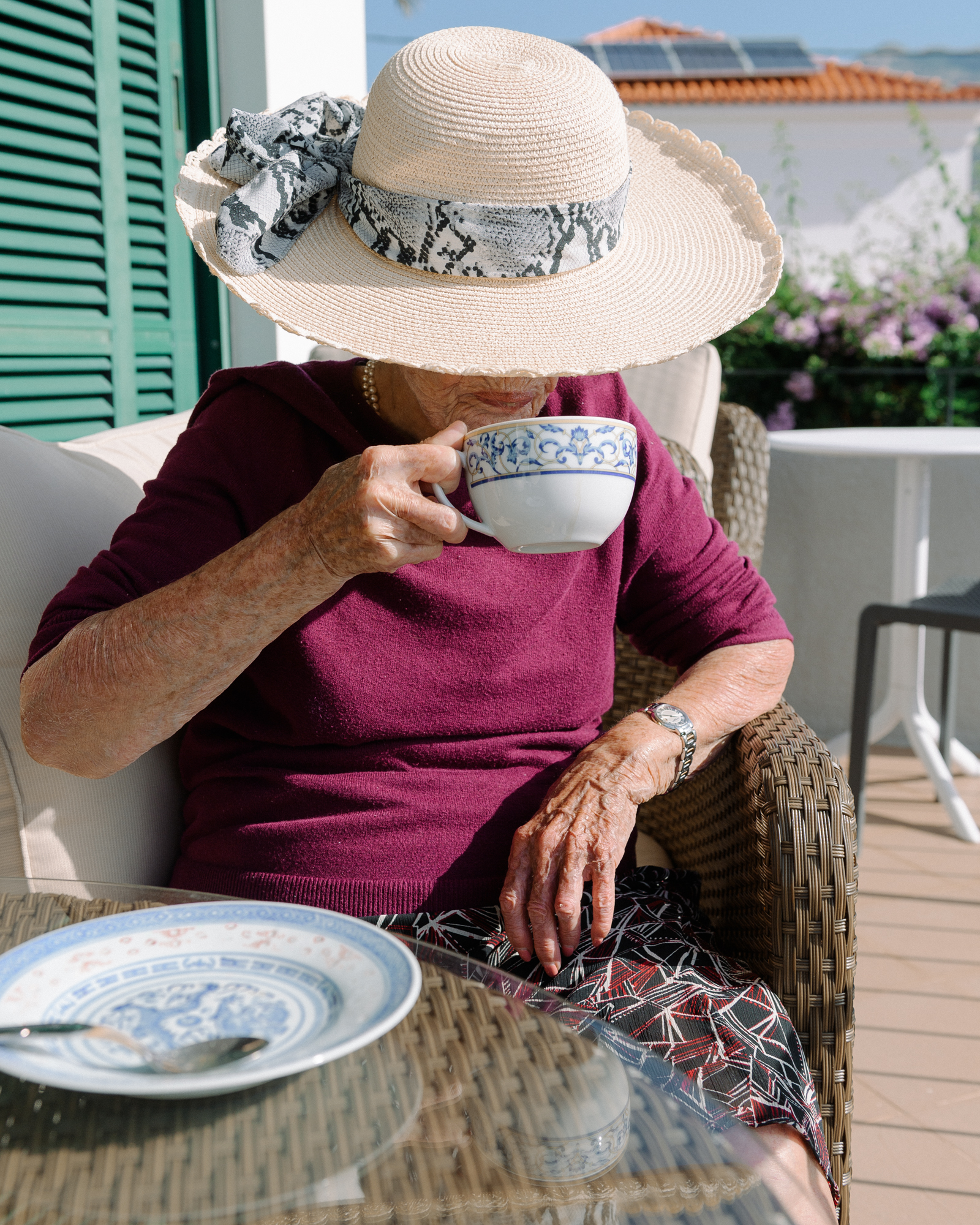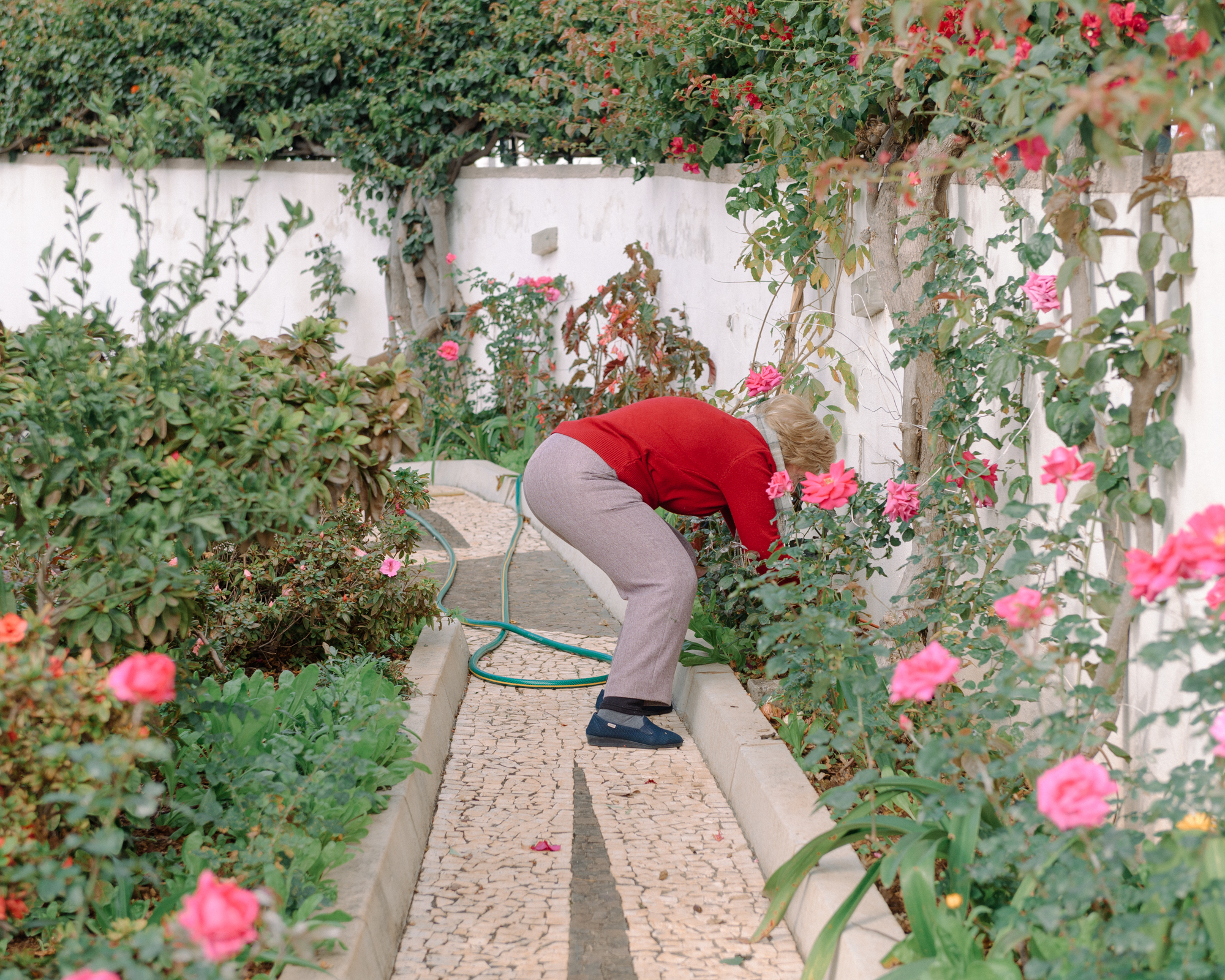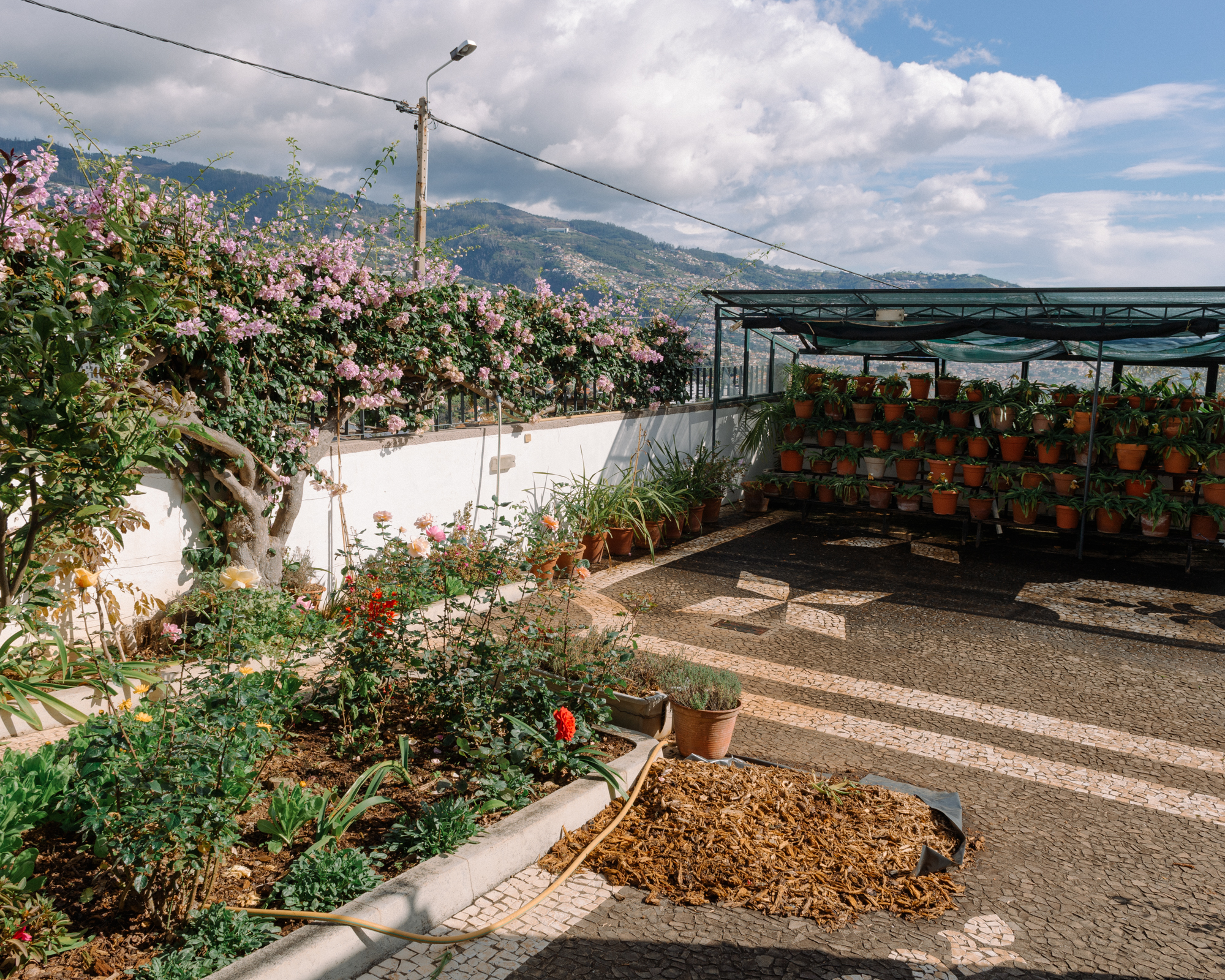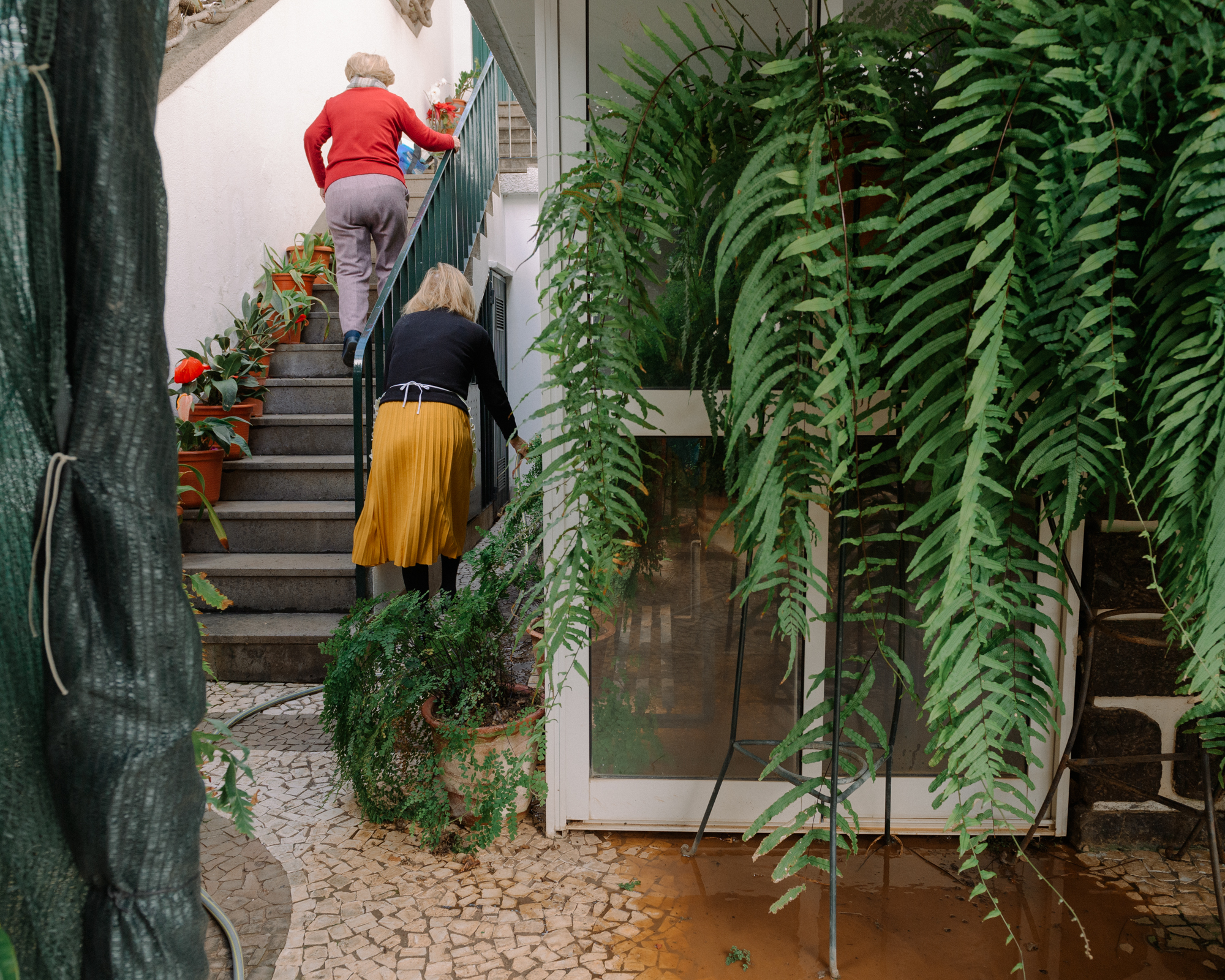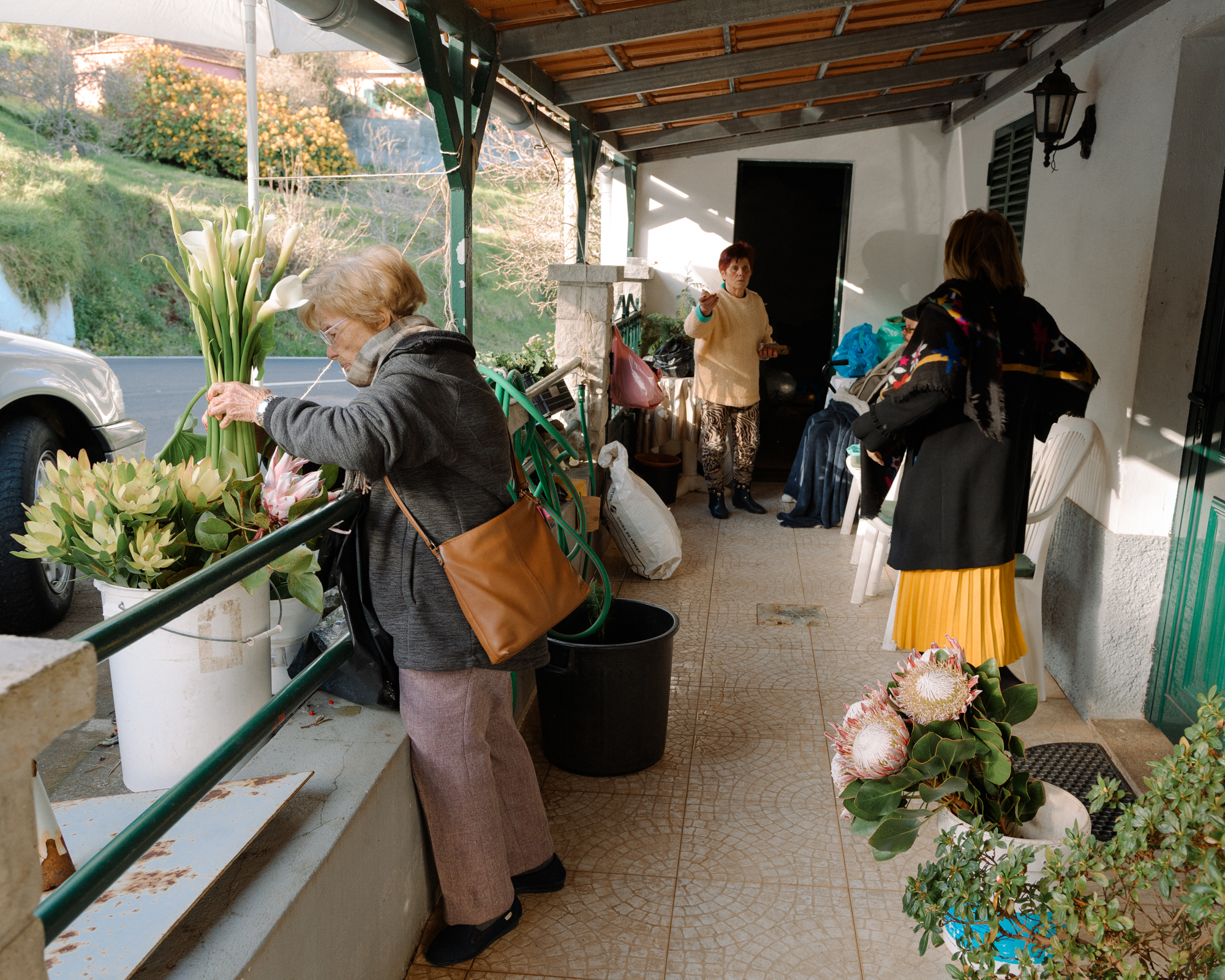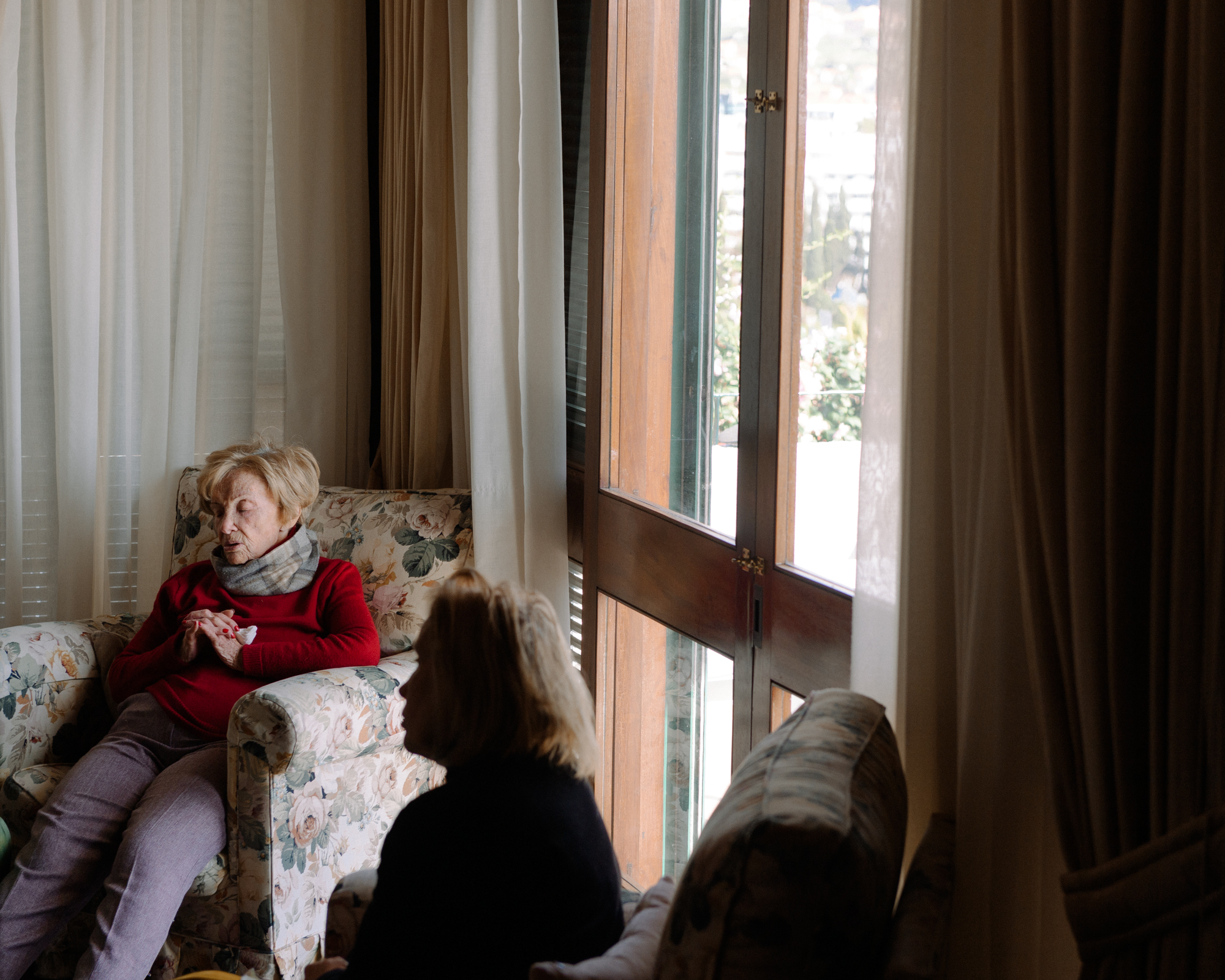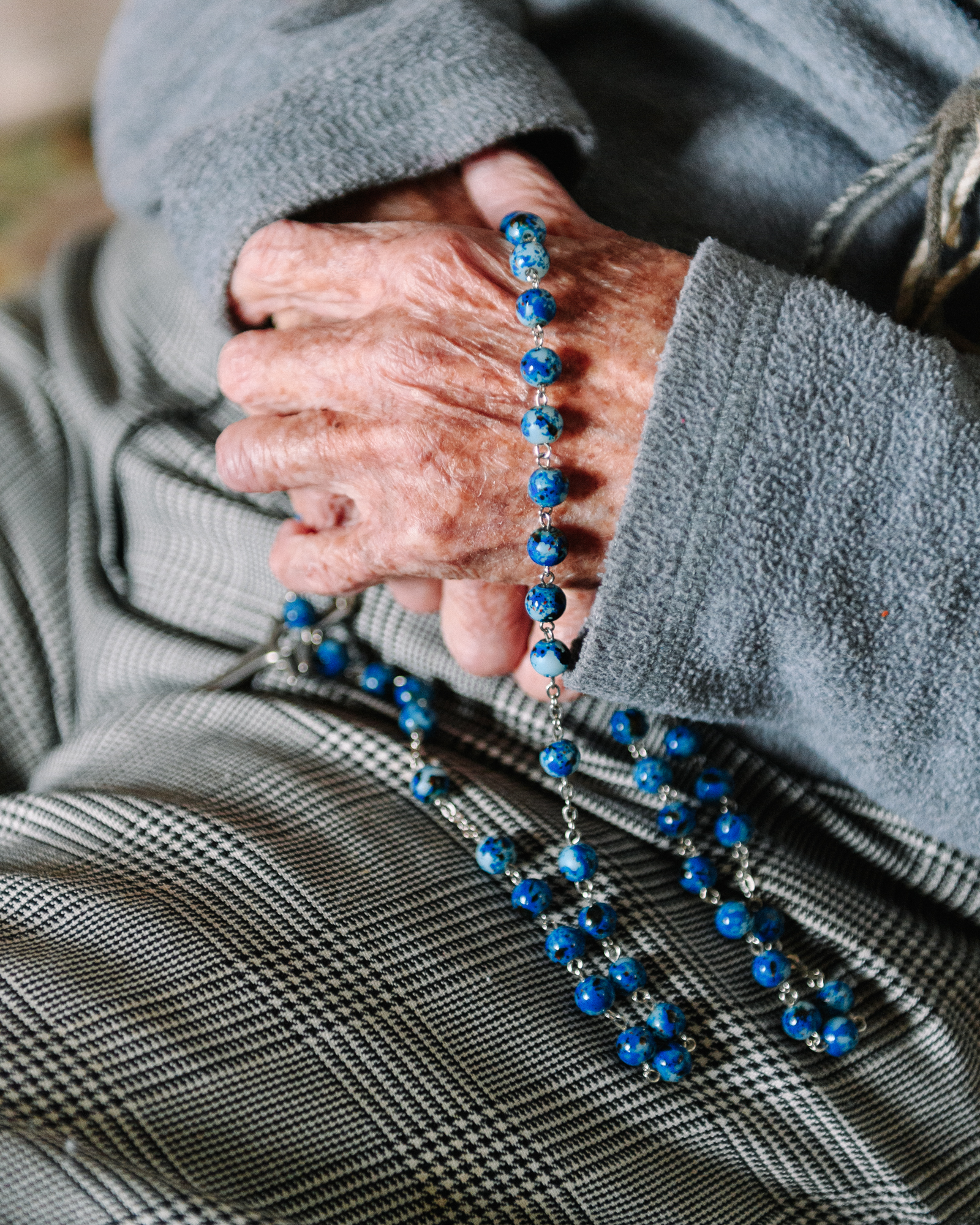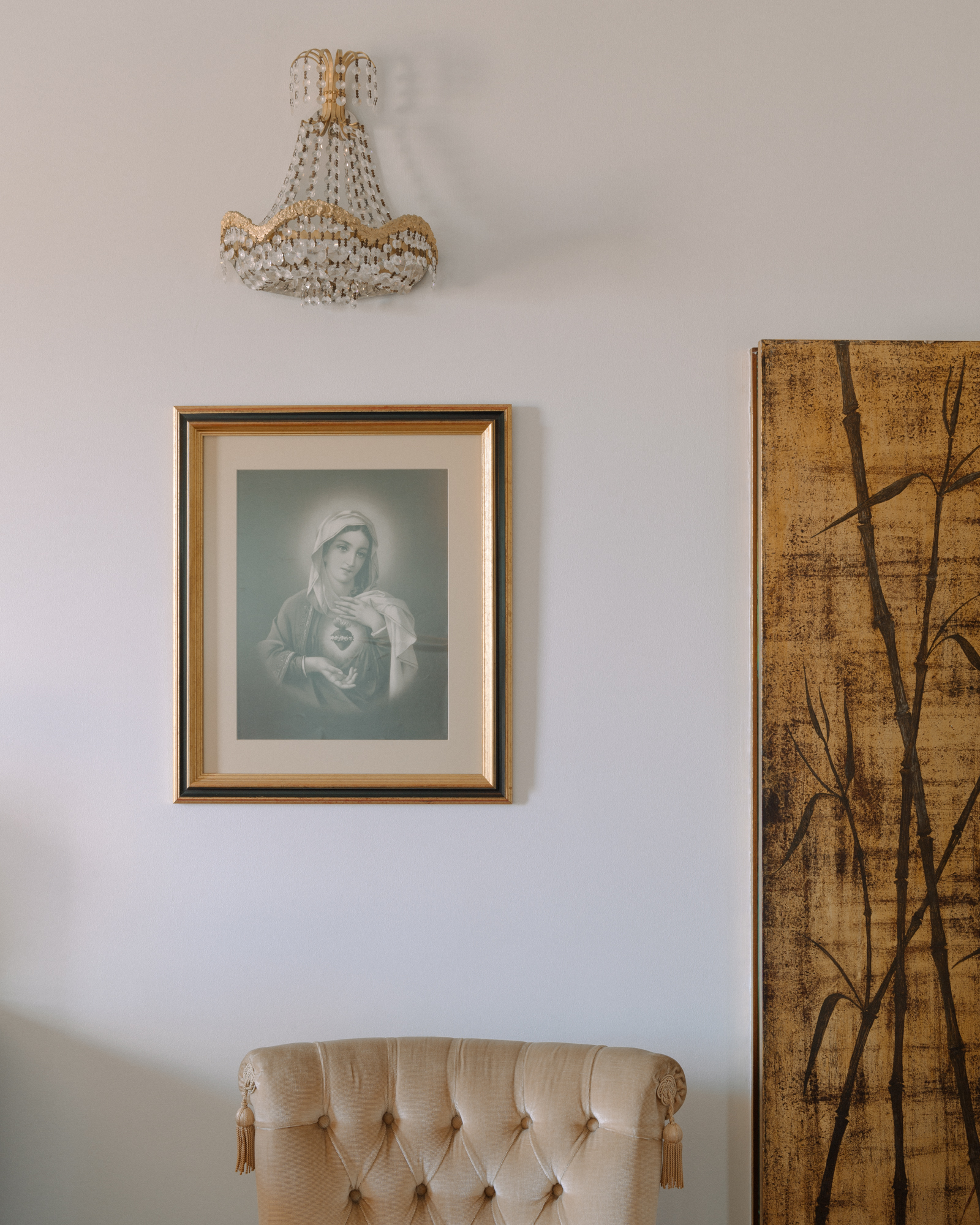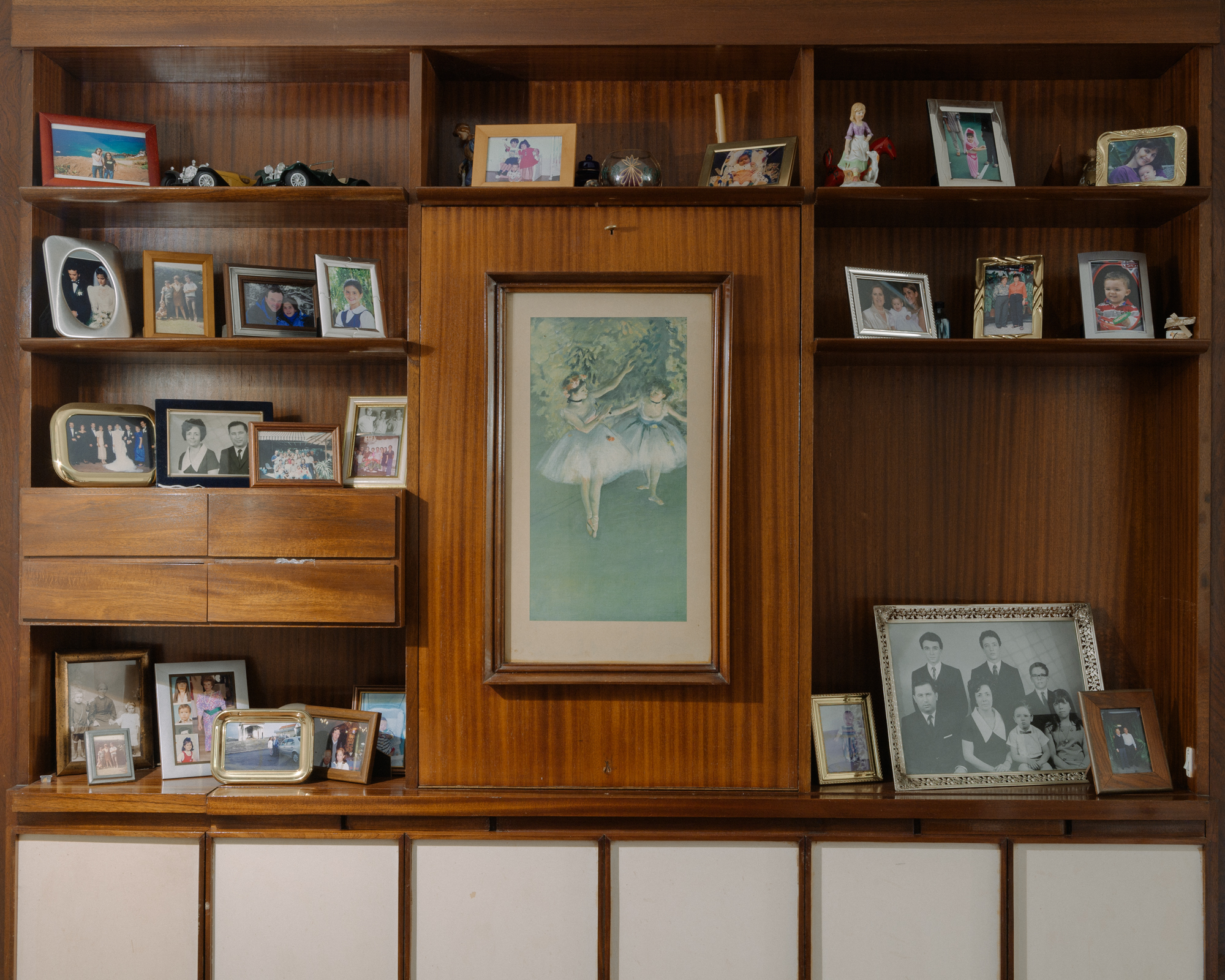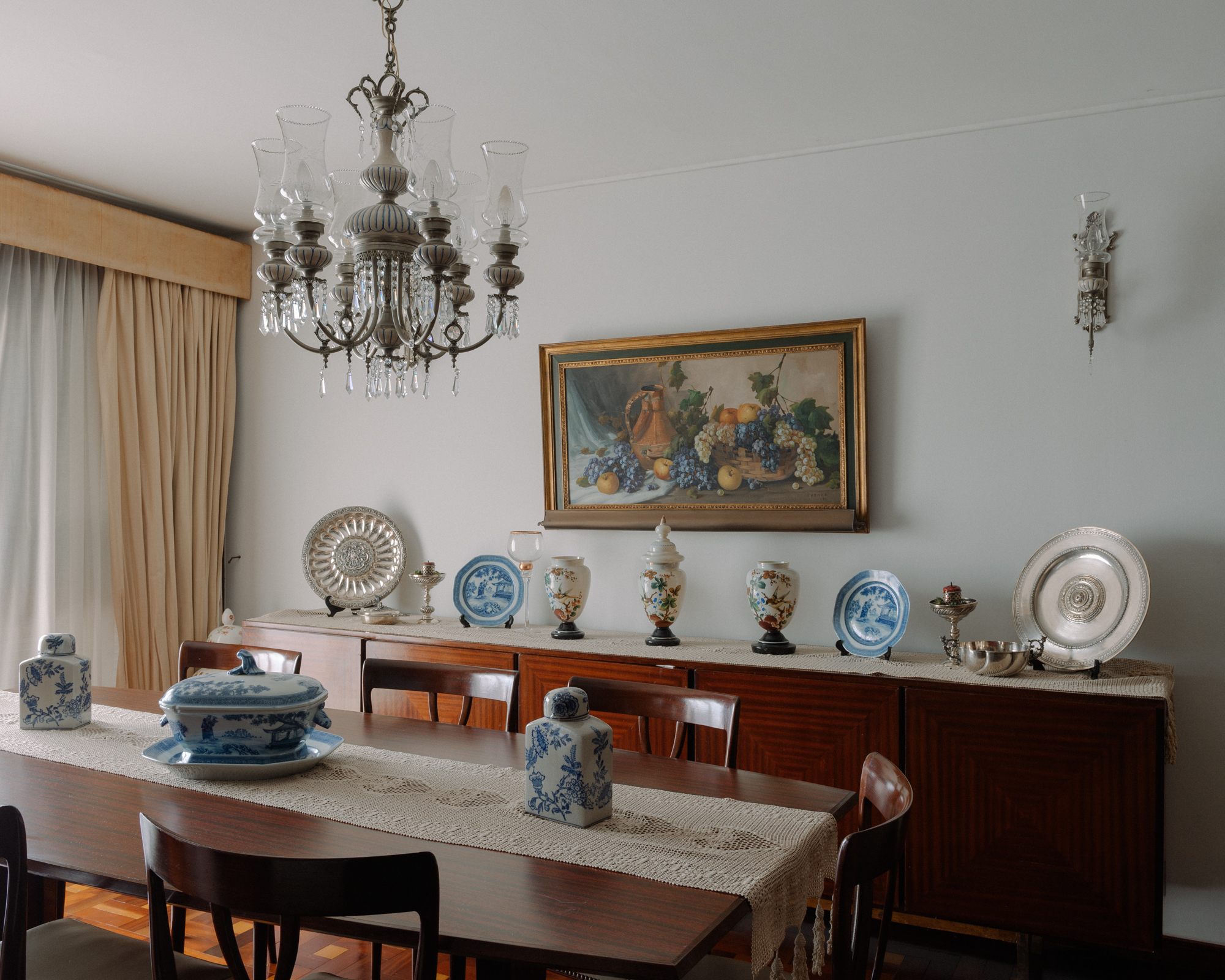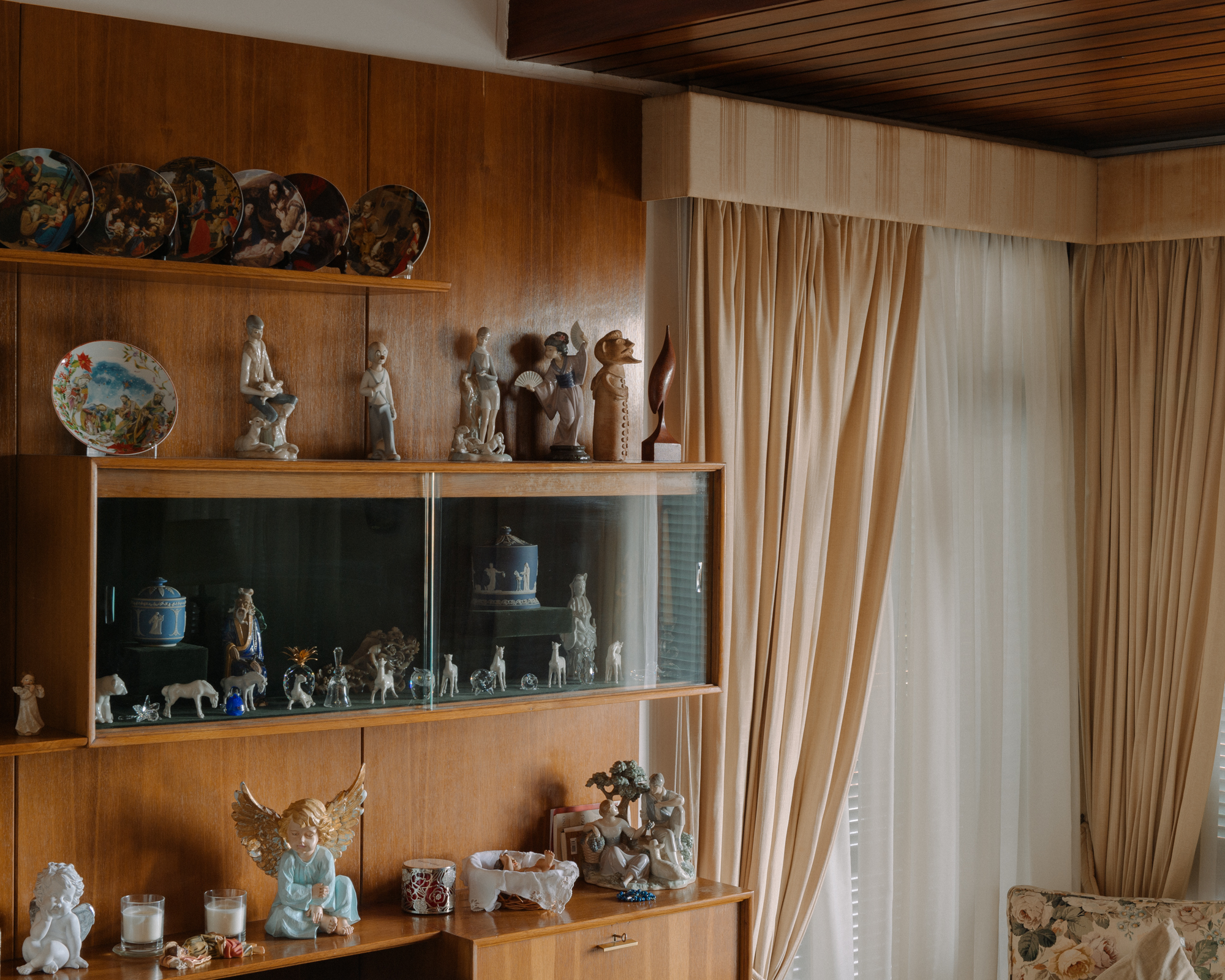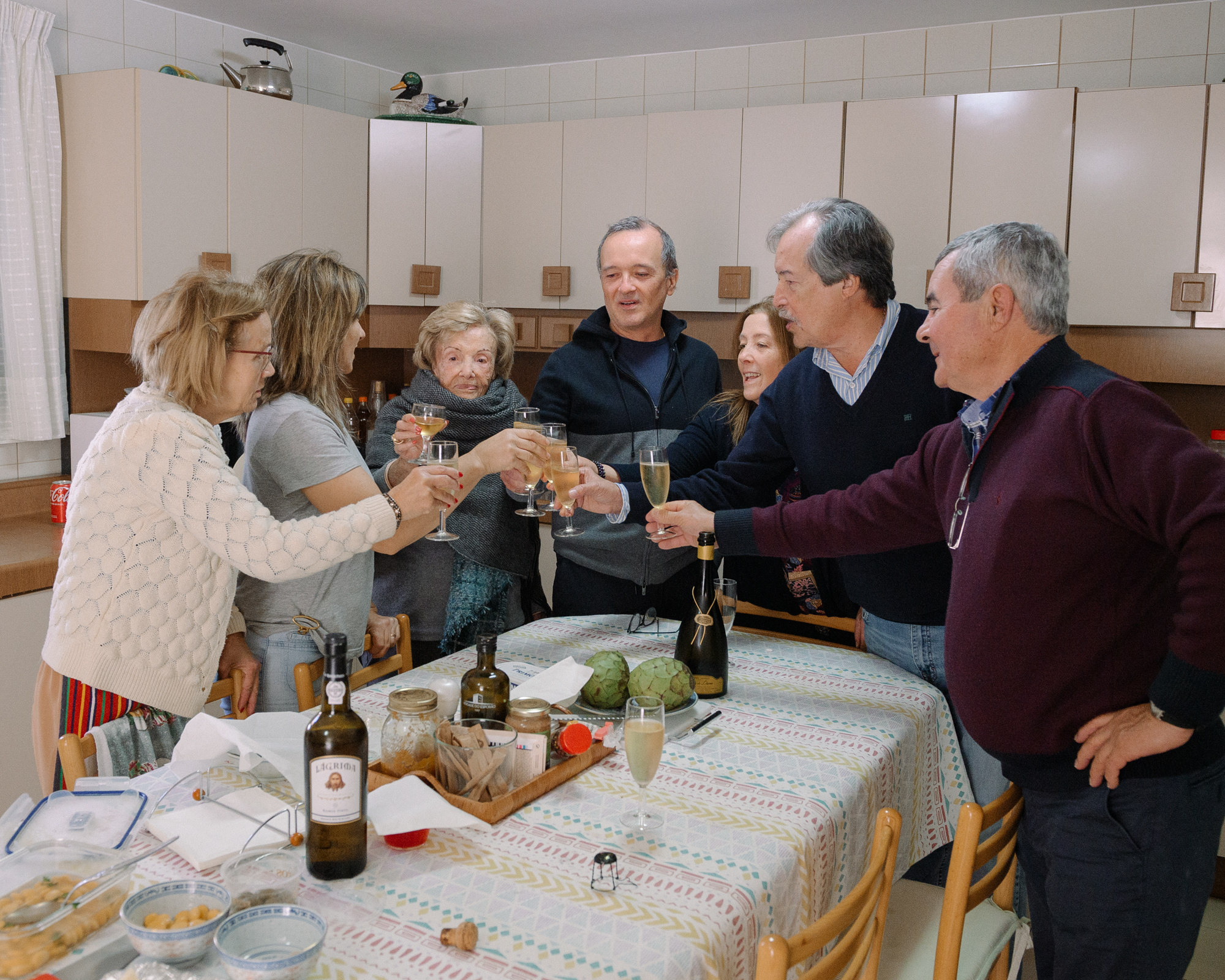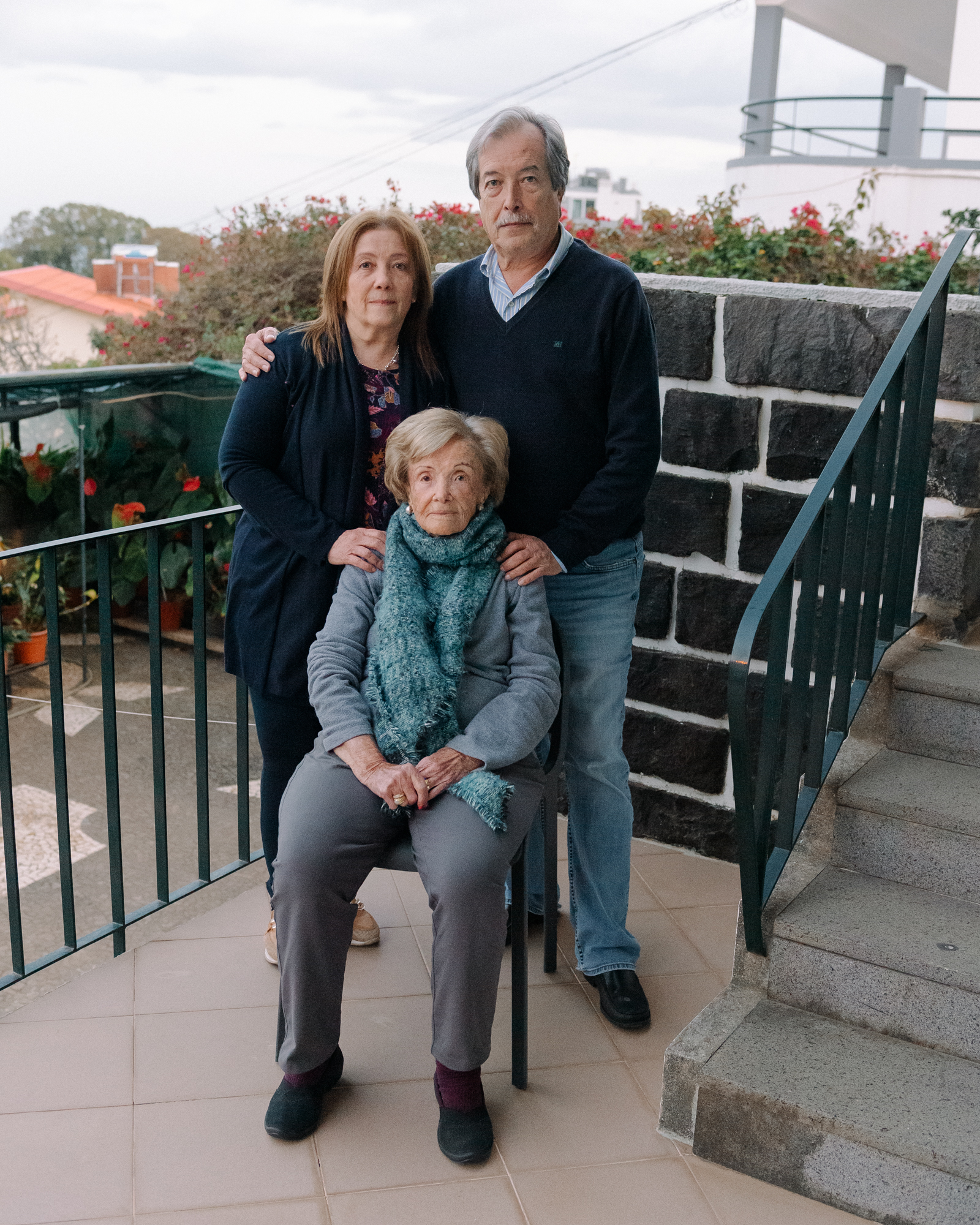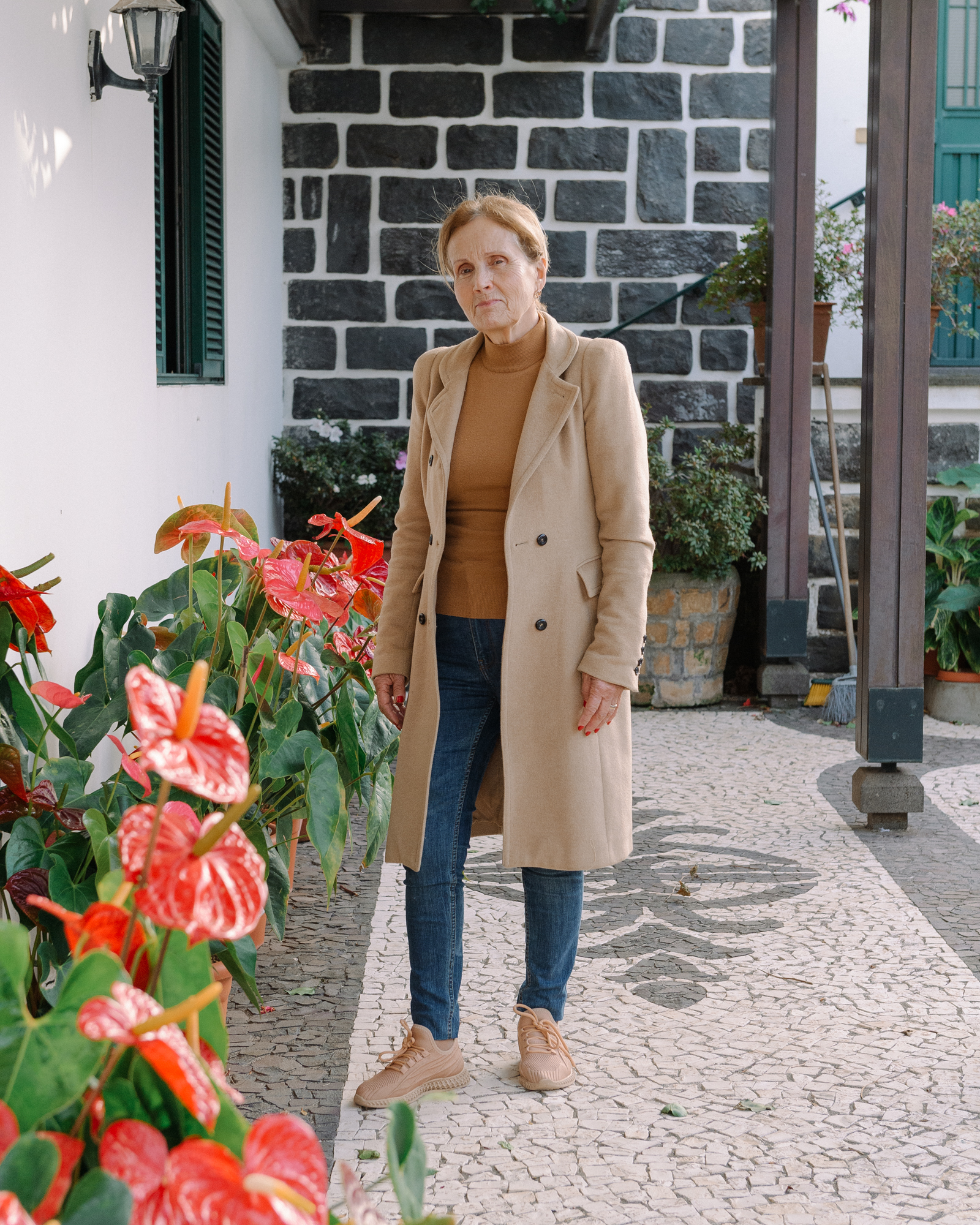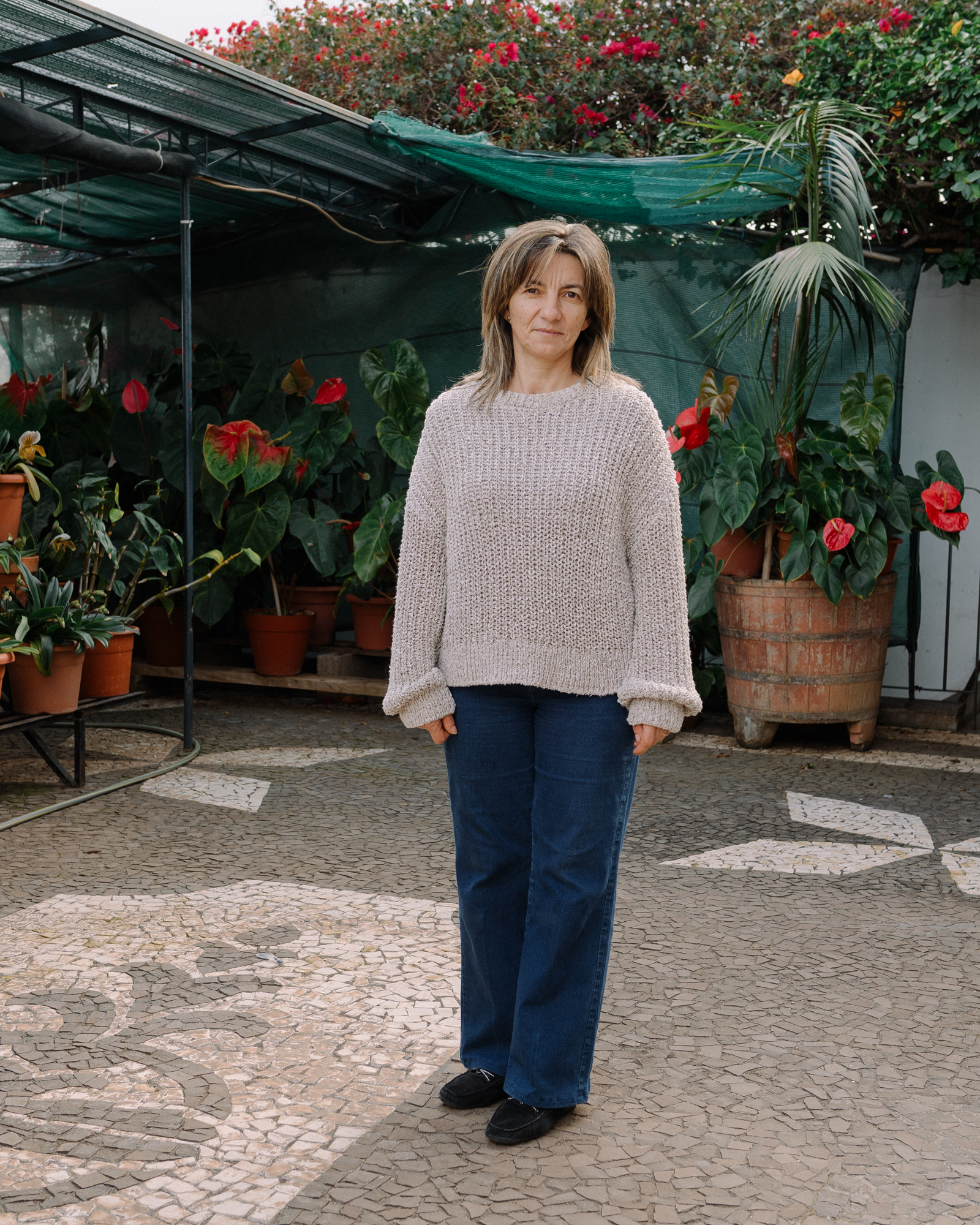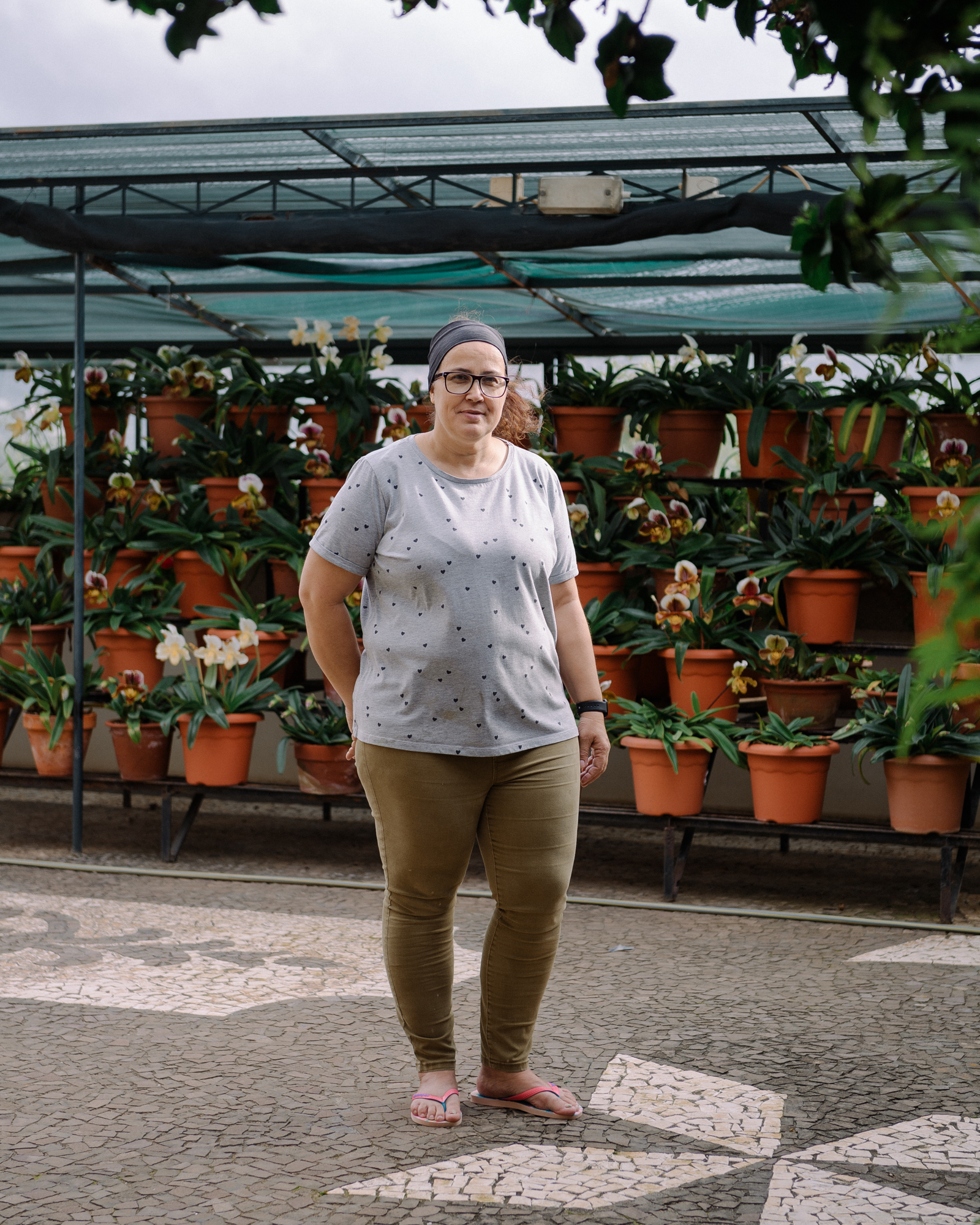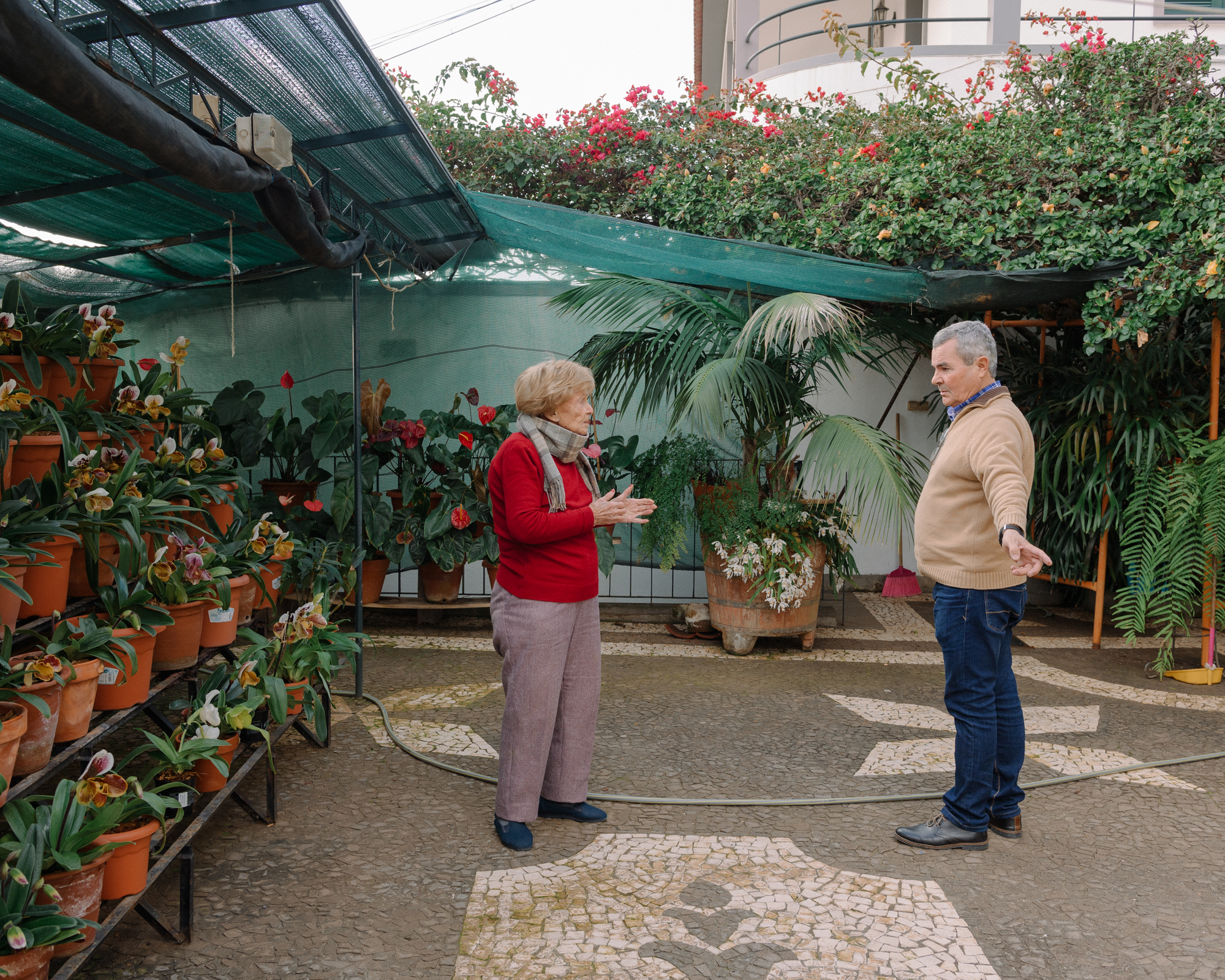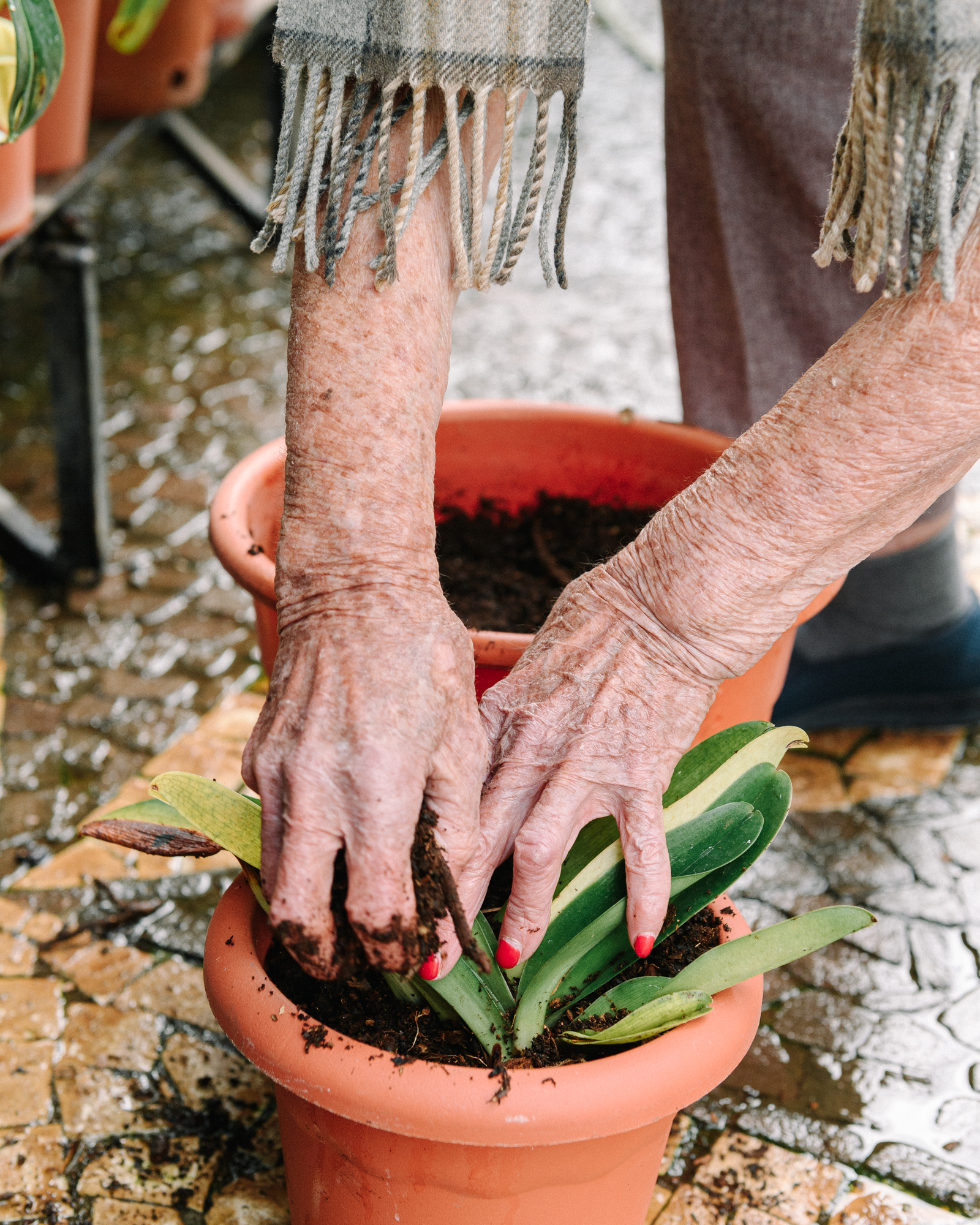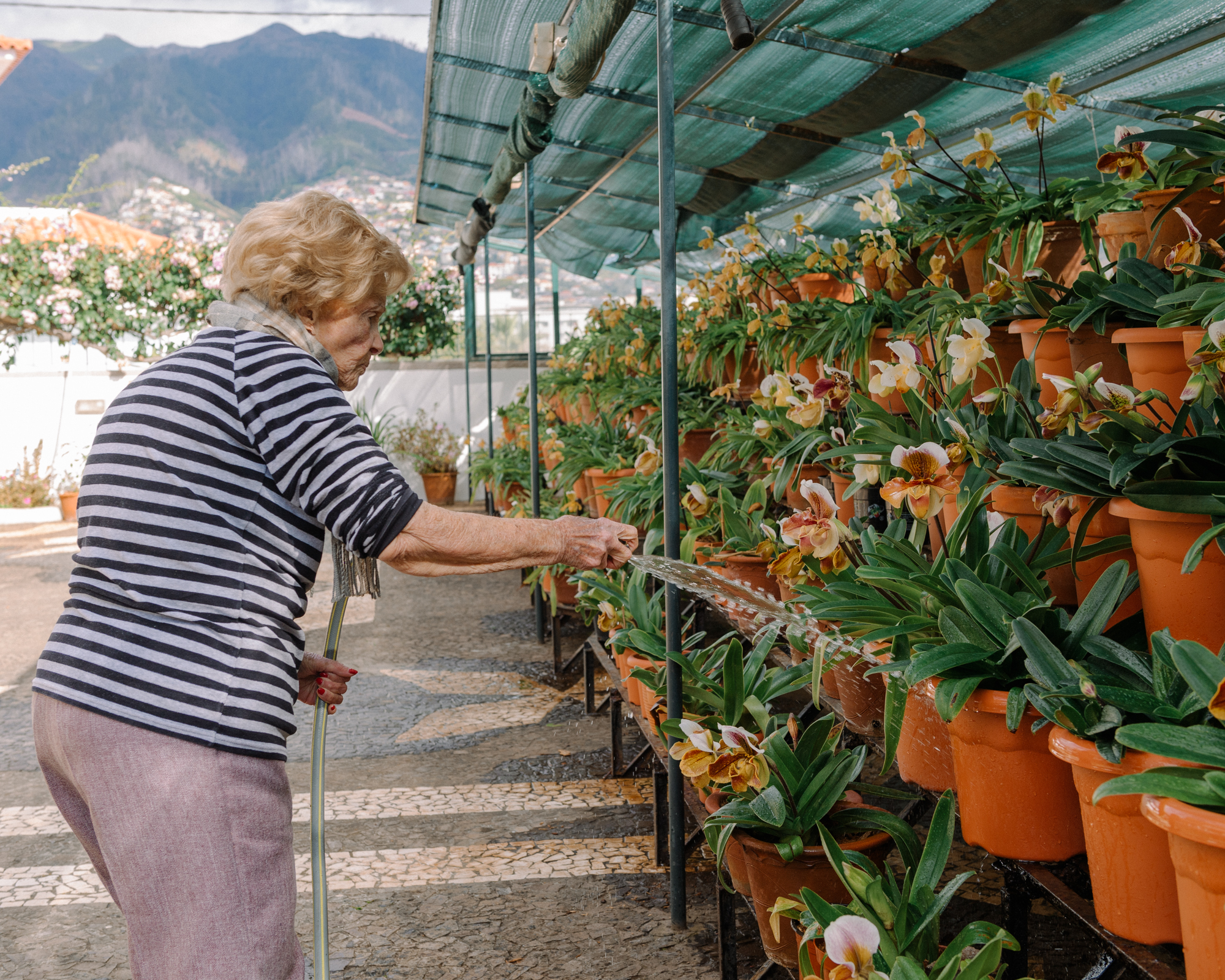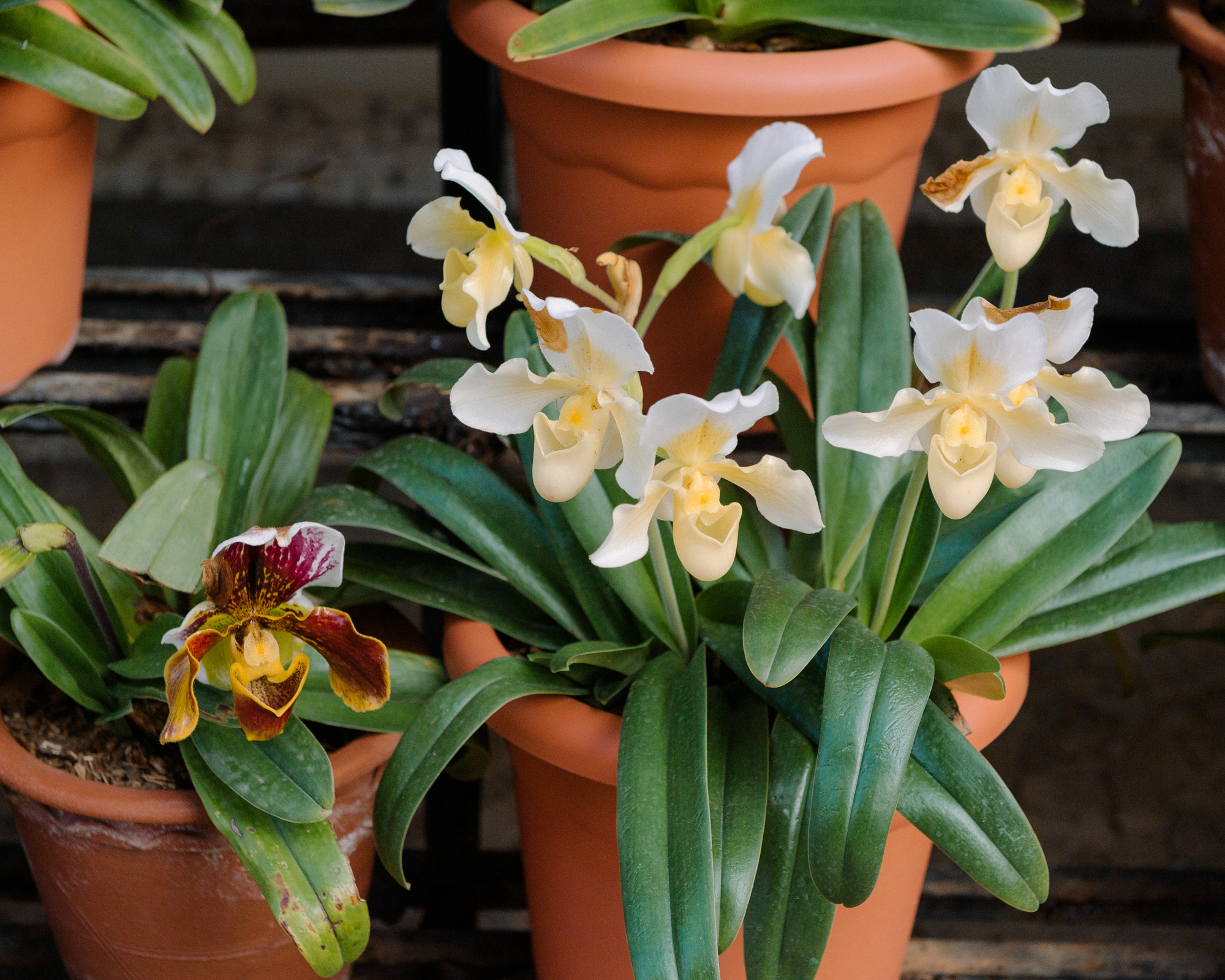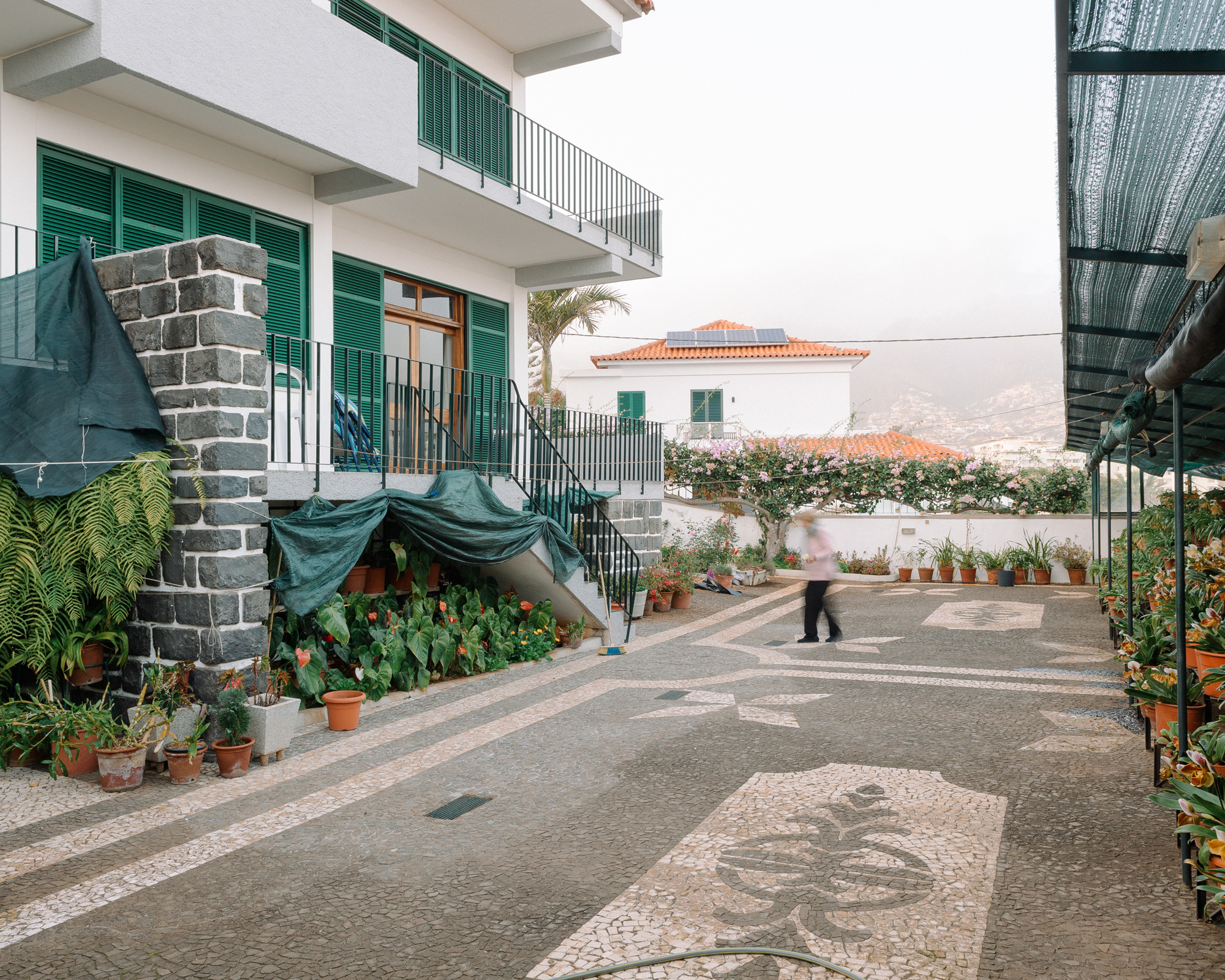Personal
2020-2023
2020-2023
SÃO MARTINHO 28
Madeira
Portugal
Portugal
-“If there were a change and the government left, I would go back to my house there.”
-“Really? You would go back to Venezuela?”
-“Yes, yes,” she answers immediately, and then after a short pause, continues, “...but he [Nicolás Maduro] is not leaving. No.
This conversation with my grandma happened three years after she went on a forced extended vacation. In 2017, she traveled from Venezuela to Madeira Island—her birthplace—along with her daughter, planning to spend just a couple of months. But while she was there, her adult children decided it was better for her to stay long term. The Venezuelan crisis had worsened. Medicine shortages and the precarious state of the healthcare system were the main reasons why they didn’t want her to return. Since then, my grandma Maria has been living in her house in São Martinho, Funchal.
At the beginning, it was tough for her. She worried that her place in Caracas would be left alone and no one would watch over her belongings or take care of her garden. She refused the idea of permanently living in Portugal. She wanted to return to Venezuela, the country she had called home for the past sixty-five years.
My grandmother migrated to Venezuela in the 1950s after my grandfather, like many Portuguese at the time, went in search of better opportunities to build a future for his family. They found a home in Caracas and settled in. There were occasional vacations to Portugal and a two-year-long business trip in Madeira, but Maria’s life was in Venezuela.
However, at 90 years old, my grandmother found herself migrating for a second time. This meant adapting to new habits and a new life far from the family she had raised. She never imagined that, at her age, she would become part of the Venezuelan diaspora.
The relocation was more bearable thanks to the many people who surrounded my grandmother with care. My parents lived with her most of the year. They found Dorita, who kept my grandmother company and became a good friend. Januario ran errands and drove her wherever she wanted to go. On weekends, she would go with her nieces to Ponta do Sol to visit her sister in the house where they grew up. All these people helped distract her from the sadness of having her family scattered around the world.
-“Really? You would go back to Venezuela?”
-“Yes, yes,” she answers immediately, and then after a short pause, continues, “...but he [Nicolás Maduro] is not leaving. No.
This conversation with my grandma happened three years after she went on a forced extended vacation. In 2017, she traveled from Venezuela to Madeira Island—her birthplace—along with her daughter, planning to spend just a couple of months. But while she was there, her adult children decided it was better for her to stay long term. The Venezuelan crisis had worsened. Medicine shortages and the precarious state of the healthcare system were the main reasons why they didn’t want her to return. Since then, my grandma Maria has been living in her house in São Martinho, Funchal.
At the beginning, it was tough for her. She worried that her place in Caracas would be left alone and no one would watch over her belongings or take care of her garden. She refused the idea of permanently living in Portugal. She wanted to return to Venezuela, the country she had called home for the past sixty-five years.
My grandmother migrated to Venezuela in the 1950s after my grandfather, like many Portuguese at the time, went in search of better opportunities to build a future for his family. They found a home in Caracas and settled in. There were occasional vacations to Portugal and a two-year-long business trip in Madeira, but Maria’s life was in Venezuela.
However, at 90 years old, my grandmother found herself migrating for a second time. This meant adapting to new habits and a new life far from the family she had raised. She never imagined that, at her age, she would become part of the Venezuelan diaspora.
The relocation was more bearable thanks to the many people who surrounded my grandmother with care. My parents lived with her most of the year. They found Dorita, who kept my grandmother company and became a good friend. Januario ran errands and drove her wherever she wanted to go. On weekends, she would go with her nieces to Ponta do Sol to visit her sister in the house where they grew up. All these people helped distract her from the sadness of having her family scattered around the world.
Another thing that kept her physically and mentally active was the garden. Her daily routine revolved around caring for the plants. She spent around three hours each morning watering, planting, or rearranging flower pots. At noon, she would pause to pray the first rosary of the day with Dorita. After lunch, she would return to the garden until exhaustion set in, then come inside for a nap. Some tea followed, and then the 6 o’clock rosary on television. The day ended with dinner and a glass of Tears of Christ, her favorite wine.
Spaces that had once served as temporary accommodations were now filled with the rhythm of her daily life—the matriarch had made it her home. With strength and a sharp mind, she quickly adjusted to the country she had left in her youth, and to the home that would now hold her final memories.
Throughout her life, Maria experienced the duality of belonging to two places. Portuguese by blood and Venezuelan at heart. My grandma embraced a new culture and traditions without ever abandoning her own. She loved arepas but always brought bacalhau in her suitcase after trips to Portugal. Yet she also faced the quiet consequences of migration. In Caracas, people called her Portuguese—her portuñol always gave her away. In Madeira, she was seen as a visitor, someone who no longer lived there.
São Martinho 28 is a portrait of my maternal grandmother and of the house where she spent her final years, after involuntarily migrating back to Portugal from Venezuela. At first, she felt out of place and asked to go back every day. Maria lived her last five years in Madeira, and even though she got used to living there, her voice would break whenever she spoke about her home in Caracas... “I’d still like to go to my house again,” she used to say.
*Portuñol or Portunhol is a portmanteau of the words Portugués/Português and Español/Espanhol. It is the name often given to any unsystematic mixture of the Portuguese and Spanish languages.
